Roedean School Brighton Chalk Cliffs
£48.00 – £249.00
Description
´Roedean School Brighton Chalk Cliffs.´
Print description
Aerial perspective view from the Brighton cliff top walk of Roedean School the path towards the undercliff walk and the Brighton Marina boats.
Print details
I created this print from my original ink drawing to which I apply colour digitally. Printed on fine art paper using archival inks. From a limited edition of 100. I individually sign and number each print. This print is available in the following formats: 30 x 30cm (11.8 x 11.8 inches), 50 x 50cm (19.7 x 19.7 inches), 70 x 70 cm (11.8 x 11.8 inches)
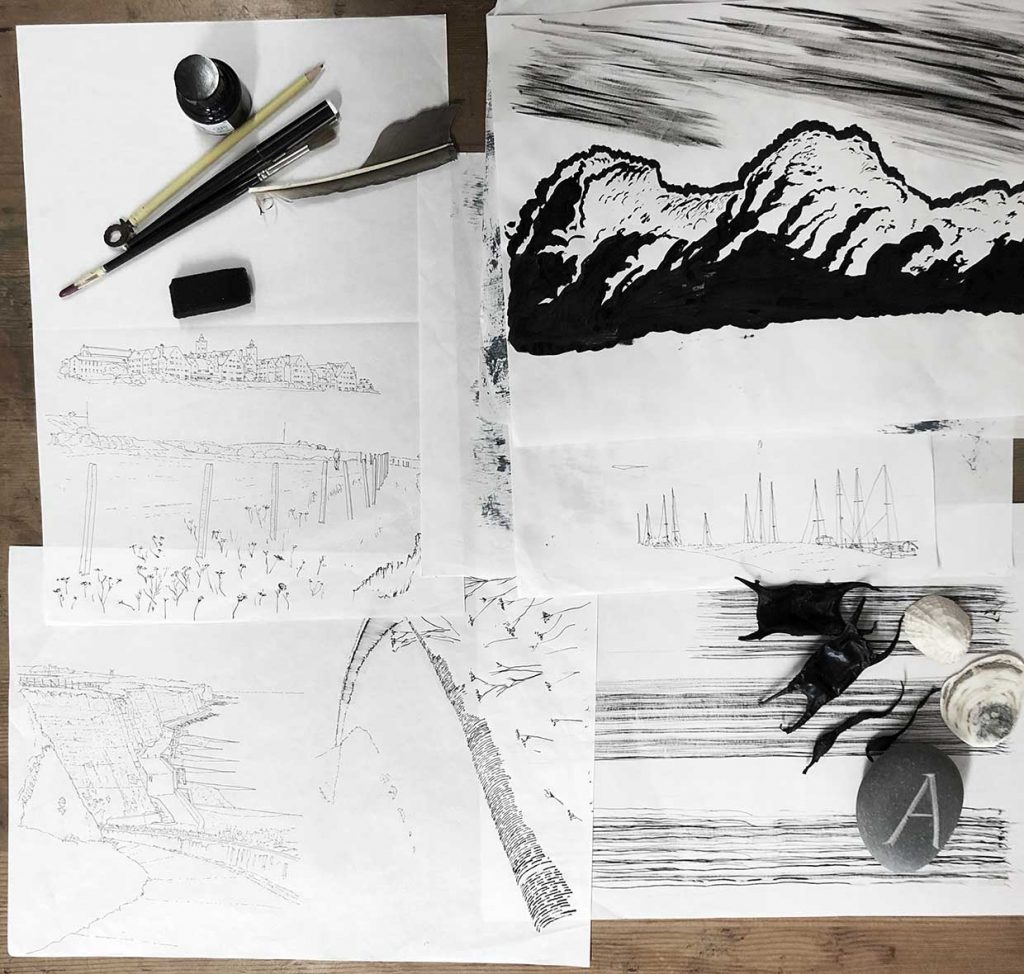
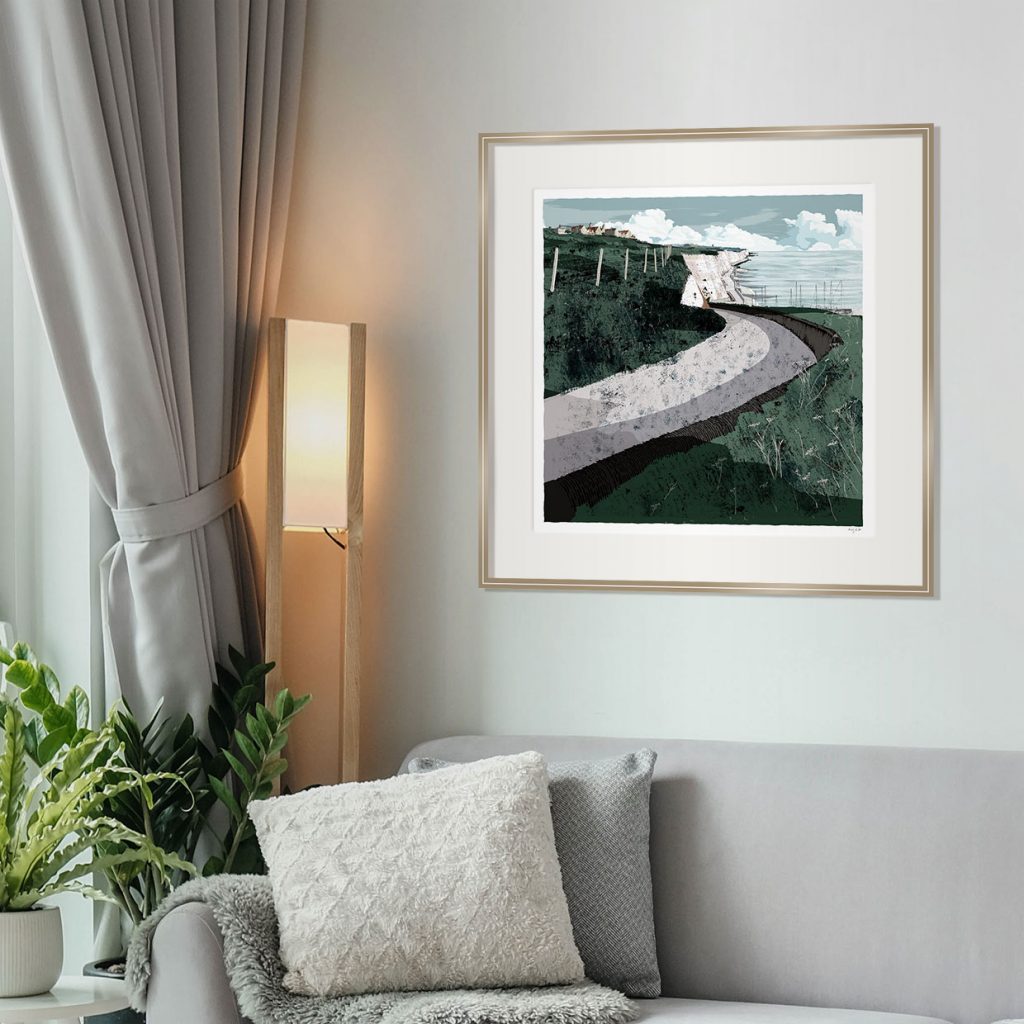
Roedean School
Roedean School is set at the top of a cliff on the Sussex Downs with commanding views of the English Channel. It was founded in 1885 in Roedean Village on the outskirts of Brighton, East Sussex, England. The school motto, Honneur aulx dignes, is in Norman French, and means “Honour the worthy”.
The school was founded in 1885 as Wimbledon House by three sisters: Penelope, Millicent, and Dorothy Lawrence with the aim to prepare girls for entrance to the newly opened women’s colleges at Cambridge University, Girton and Newnham Colleges. It was first located in a house in nearby Lewes Crescent and in 1898, the school moved to its present site, occupying new buildings designed by the architect Sir John Simpson.
Brighton Undercliff Walk
In 1928 the parish of Rottingdean was incorporated into Brighton. In order to protect its new coastline, which had increased from 2.2 to 5.4 miles, and also to safeguard the vital intercepting sewer, the county borough council embarked on a great scheme to protect the cliffs to the east of Black Rock. The result was the Undercliff Walk , a sea-wall at the base of the cliffs designed by borough engineer David Edwards. It was constructed in 1930-3 at a cost of £360,000, and used some 13,000 tons of cement, 150,000 concrete blocks, and 500 men at a time of severe depression, although there was controversy over the ‘importation’ of Welsh miners to do skilled rock work.
The walk was formally opened from Black Rock to Rottingdean , about 2.3 miles, on 4 July 1933 by Minister of Health Sir Hilton Young at Ovingdean Gap. The extension to Saltdean Gap was formally opened by the mayor, Edward Denne, on 29 July 1935 at the same time as the Rottingdean swimming-pool which was built to replace bathing facilities lost to the sea-wall. A sea-water pool 100 feet by 35 feet, it has few facilities but occupies a wonderful location below the cliffs. In 1989 it was privately managed, but the storms of January 1990 caused £100,000 worth of damage.
The last 200 yards of the sea-wall to the borough boundary opened a few months later, and a 310-yard extension by Chailey Rural District Council was opened in 1963.
You might also like
-

Beachy Head Hawthorn Bench Scarlett Song
£40.00 – £310.00 Select options This product has multiple variants. The options may be chosen on the product page -
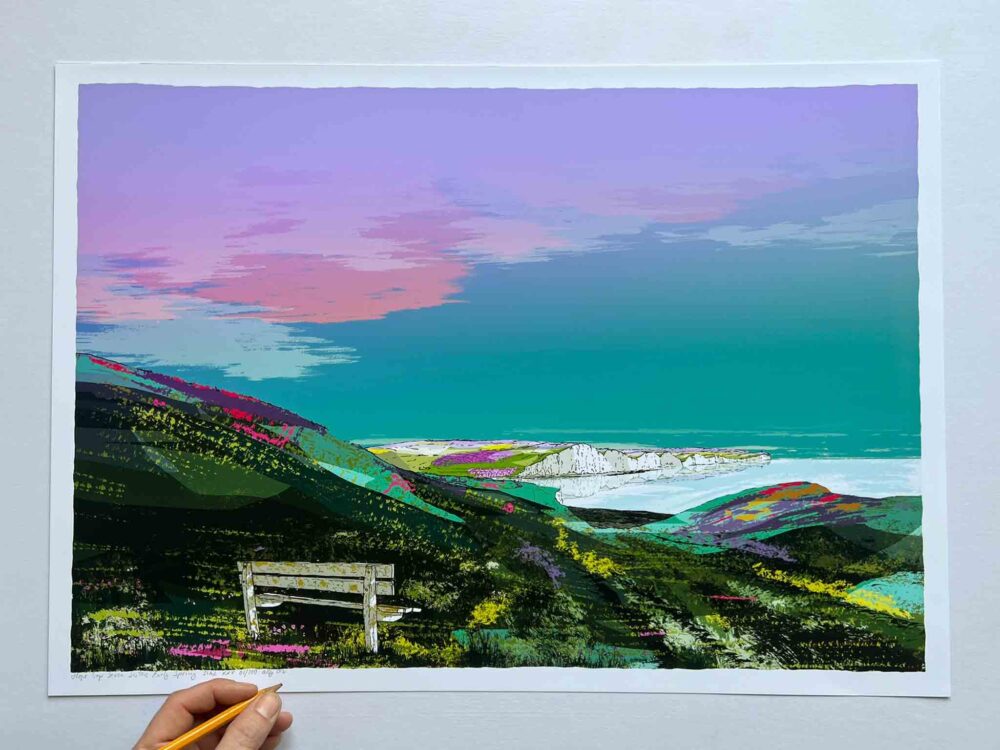
From Hope Gap to the Seven Sisters White Cliffs Spring
£40.00 – £310.00 Select options This product has multiple variants. The options may be chosen on the product page -
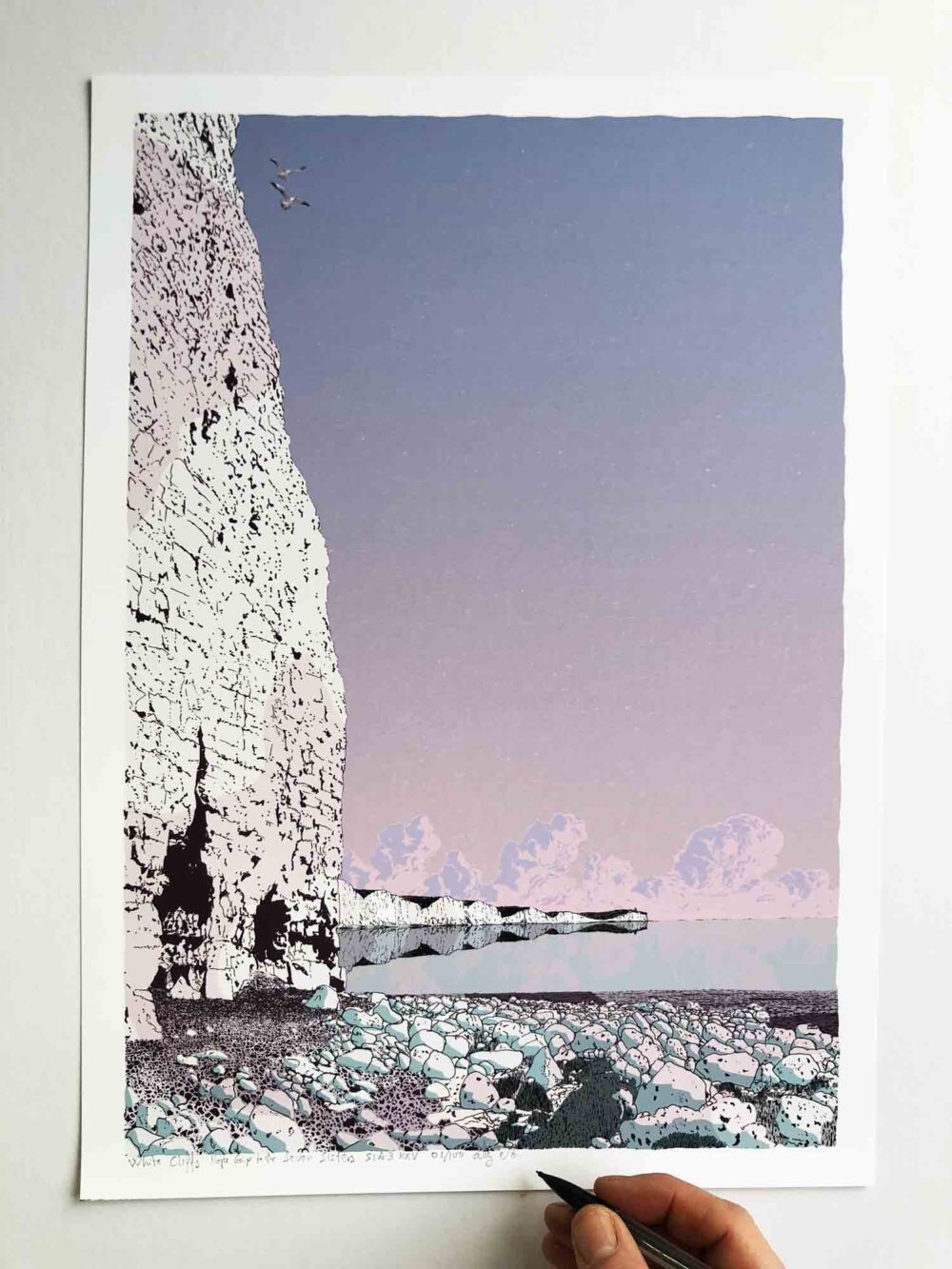
White Cliffs Hope Gap to to Seven Sisters
£40.00 – £310.00 Select options This product has multiple variants. The options may be chosen on the product page -
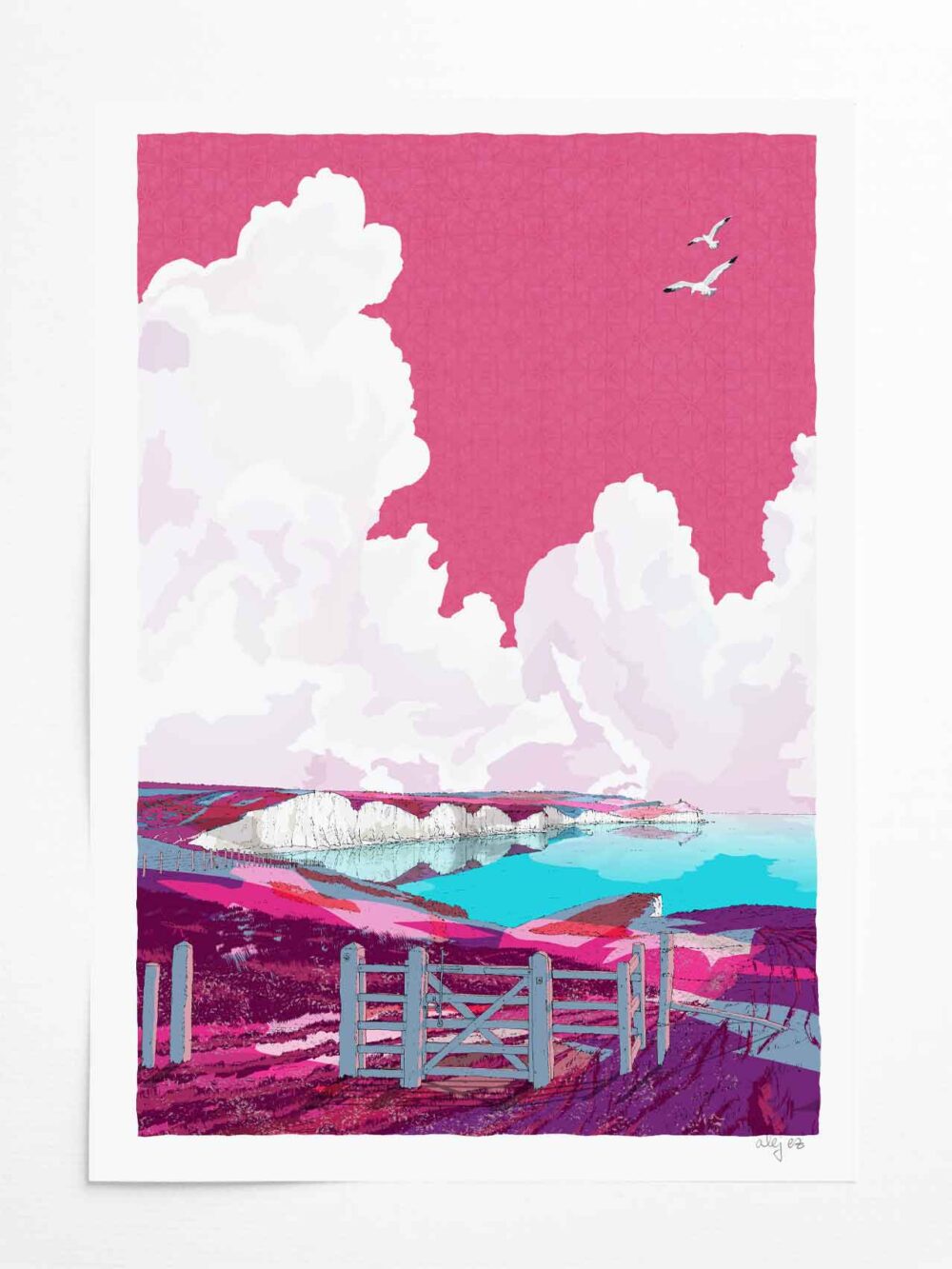
Gateway to Seven Sisters White Cliffs Song
£40.00 – £310.00 Select options This product has multiple variants. The options may be chosen on the product page -

A Stop along the South Downs Way the Seven Sisters from Birling Gap
£192.00 add to basket -
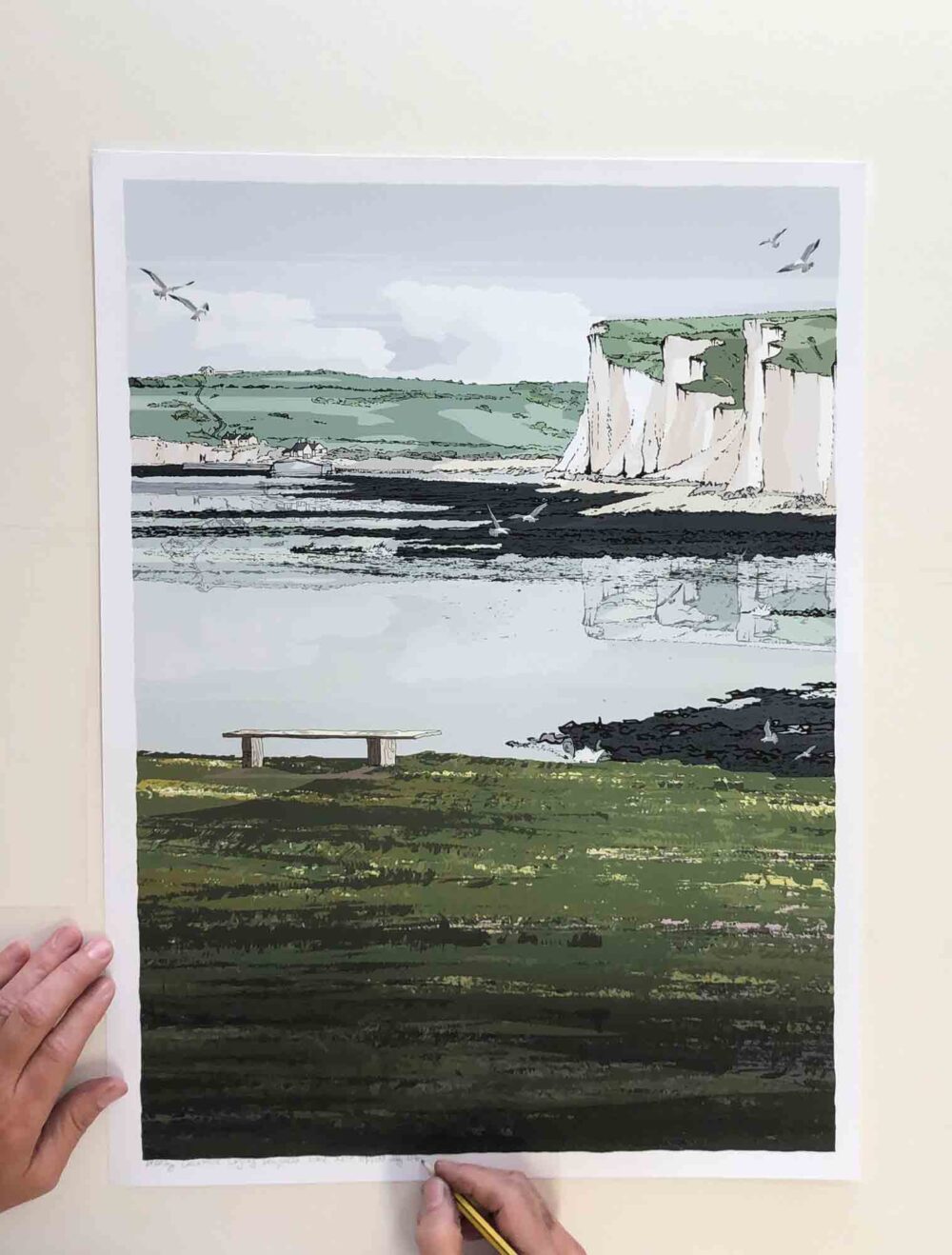
Breezy Cuckmere Crying Seagulls
£40.00 – £310.00 Select options This product has multiple variants. The options may be chosen on the product page -

Cuckmere Haven Starlings
£40.00 – £310.00 Select options This product has multiple variants. The options may be chosen on the product page -
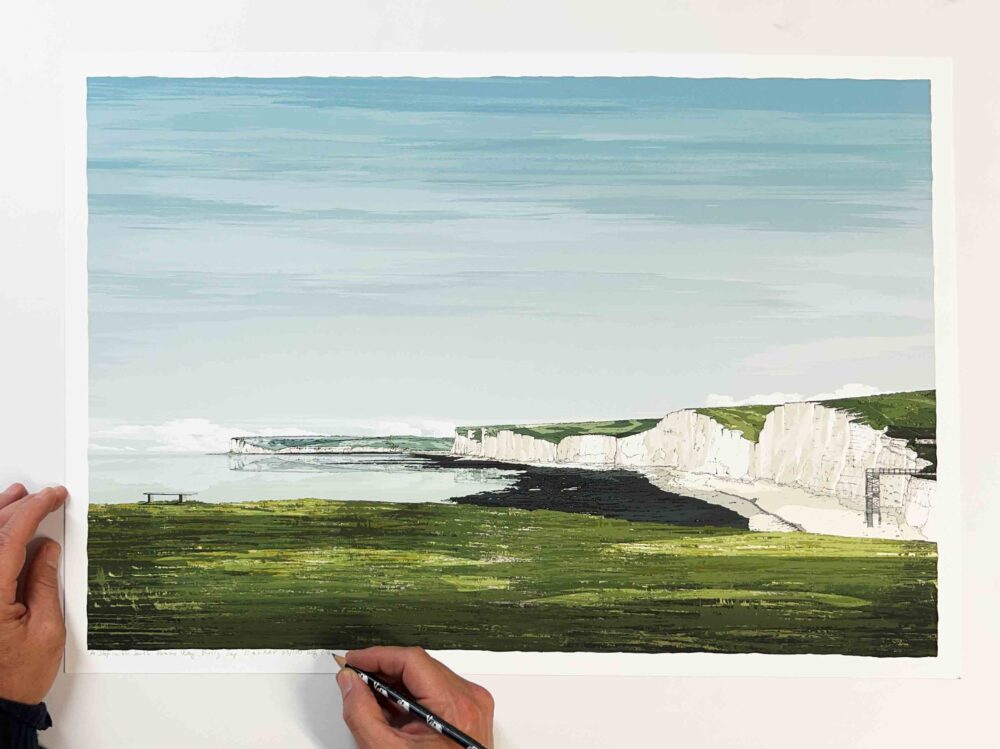
A Stop in the South Downs Way The Seven Sisters from Birling Gap
£40.00 – £310.00 Select options This product has multiple variants. The options may be chosen on the product page -
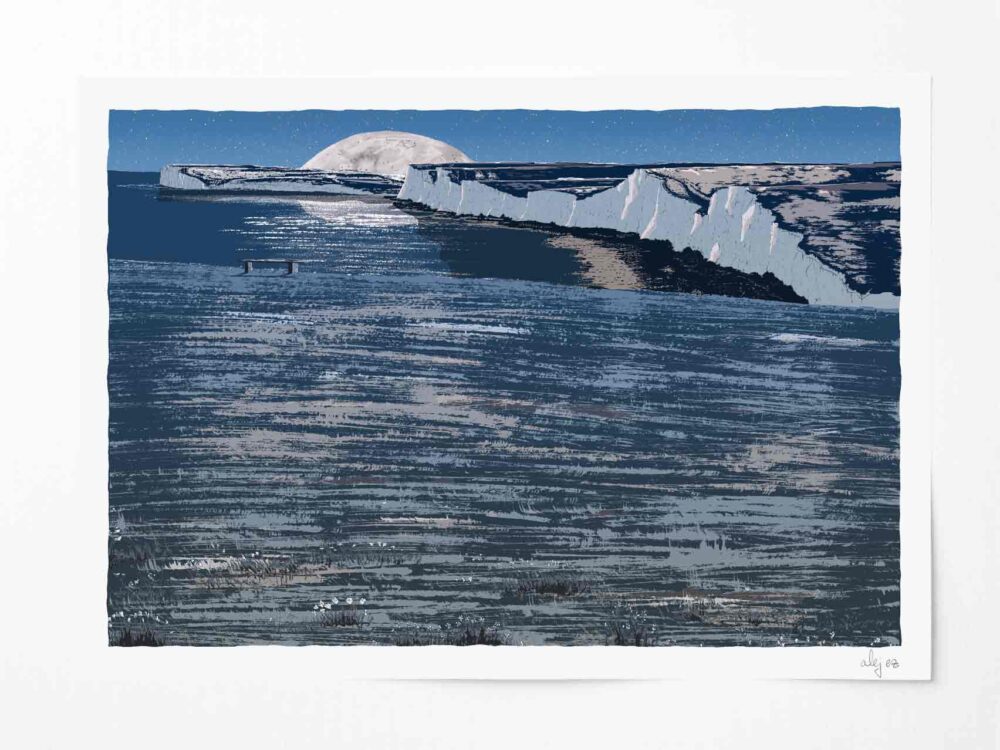
The Moon the the Seven Sisters from Birling Gap
£40.00 – £310.00 Select options This product has multiple variants. The options may be chosen on the product page -

The Full Moon the the Seven Sisters from Birling Gap
£192.00 add to basket -

Beachy Head Green Gold Fields The Bench under Hawthorn Tree
£40.00 – £310.00 Select options This product has multiple variants. The options may be chosen on the product page -
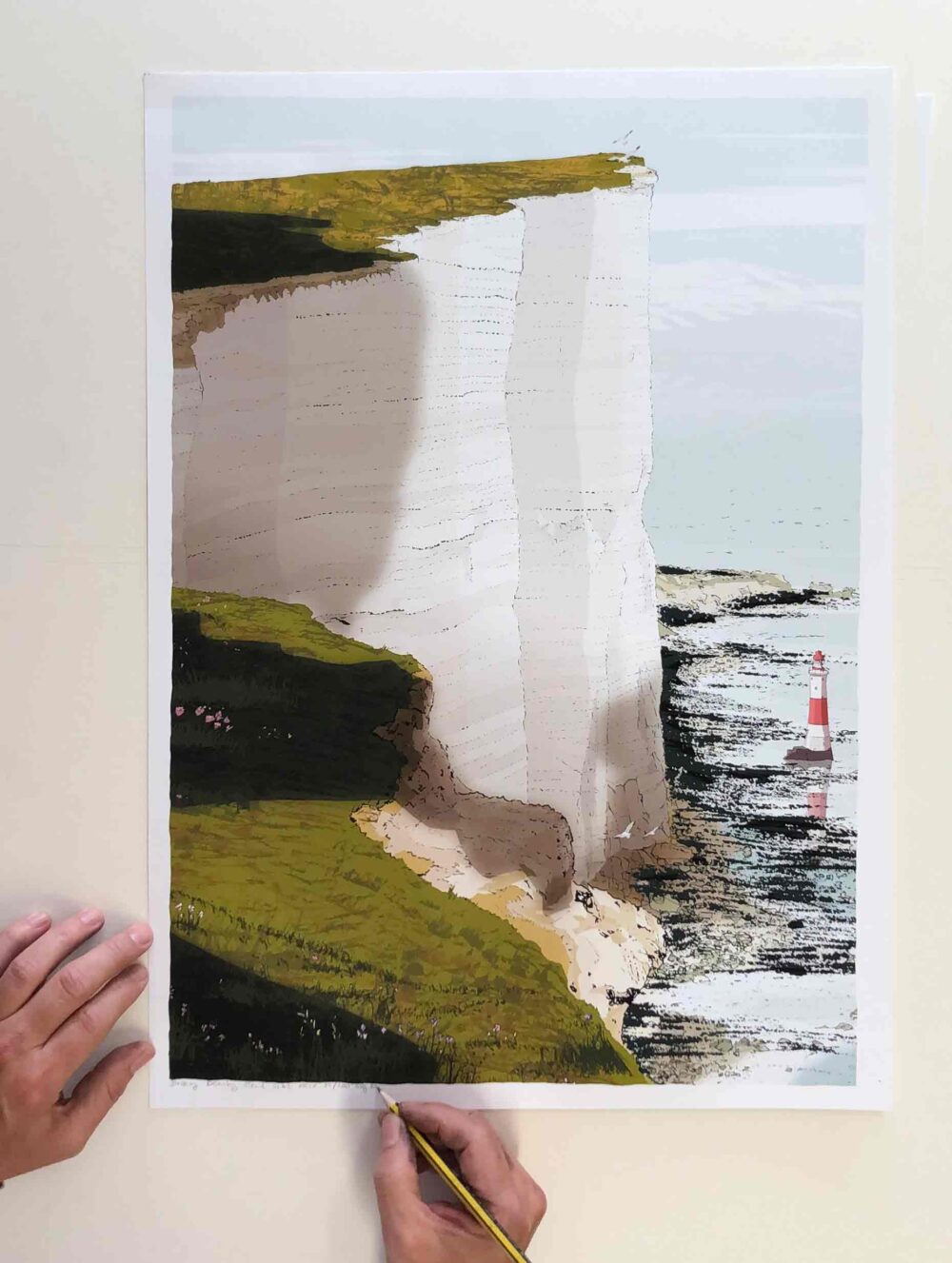
Breezy Beachy Head White Chalk Soaring Cliffs
£40.00 – £310.00 Select options This product has multiple variants. The options may be chosen on the product page -
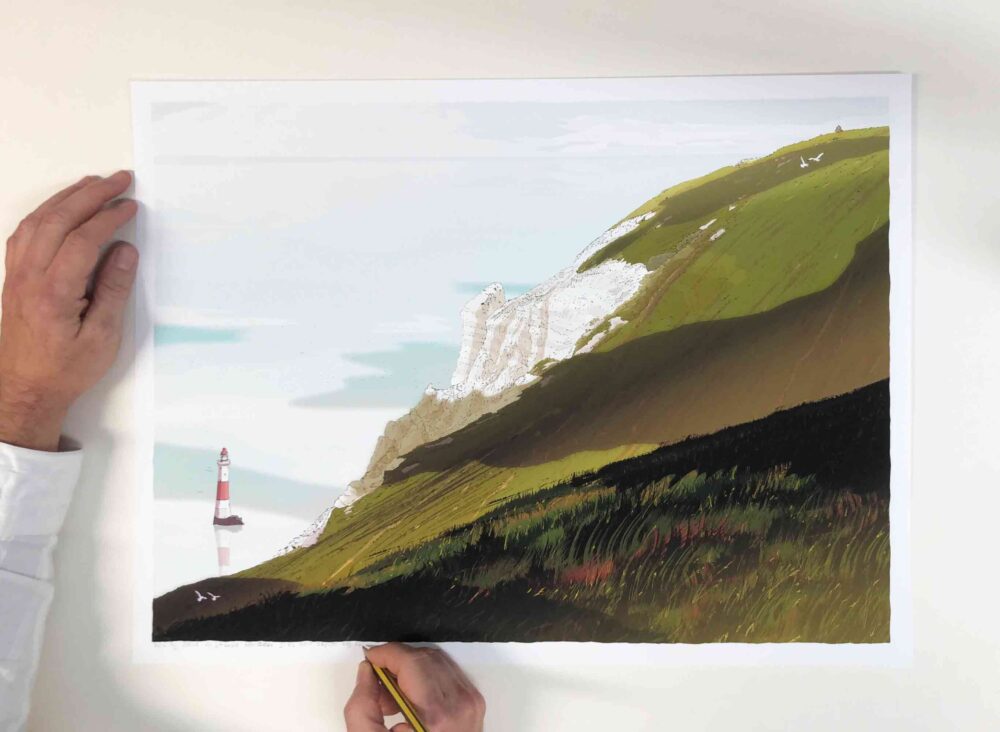
Beachy Head Lighthouse Chalk Cliffs Golden Fields of High Grass and the Sea
£40.00 – £310.00 Select options This product has multiple variants. The options may be chosen on the product page -
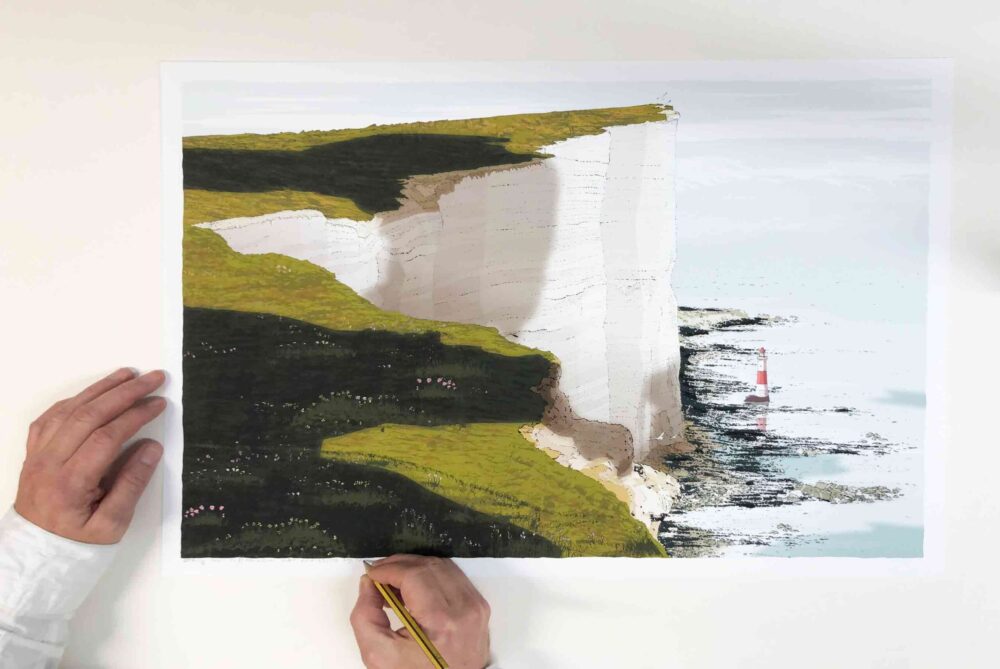
Beachy Head Wild Meadows Chalk and Flint Cliffs and the Sea
£40.00 – £310.00 Select options This product has multiple variants. The options may be chosen on the product page -
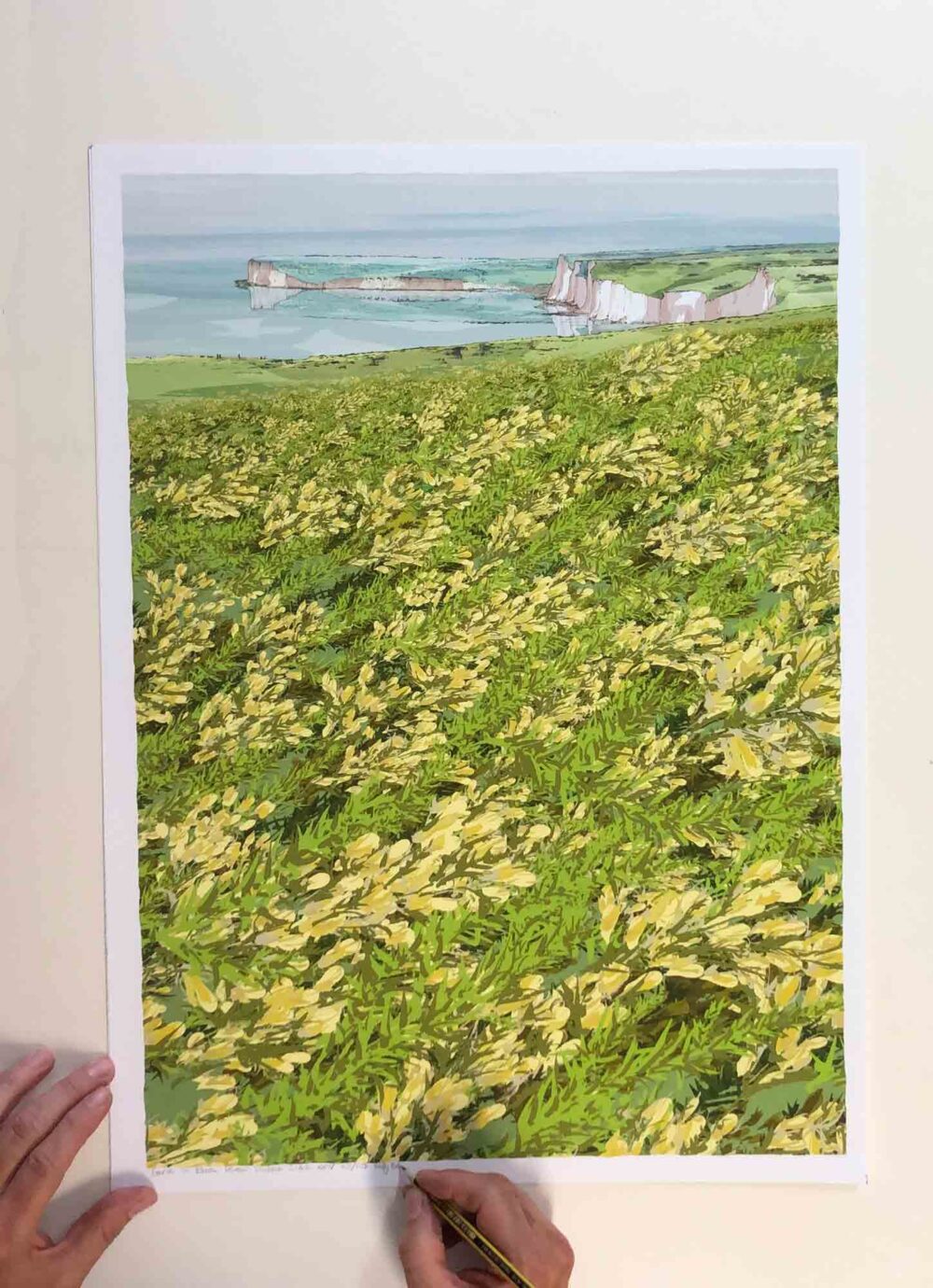
Gorse in Bloom Sea Seven Sisters South Downs Chalk and Flint Cliffs
£40.00 – £310.00 Select options This product has multiple variants. The options may be chosen on the product page -

Cuckmere Cottages Old Green Seven Sisters Cliffs
£40.00 – £310.00 Select options This product has multiple variants. The options may be chosen on the product page -
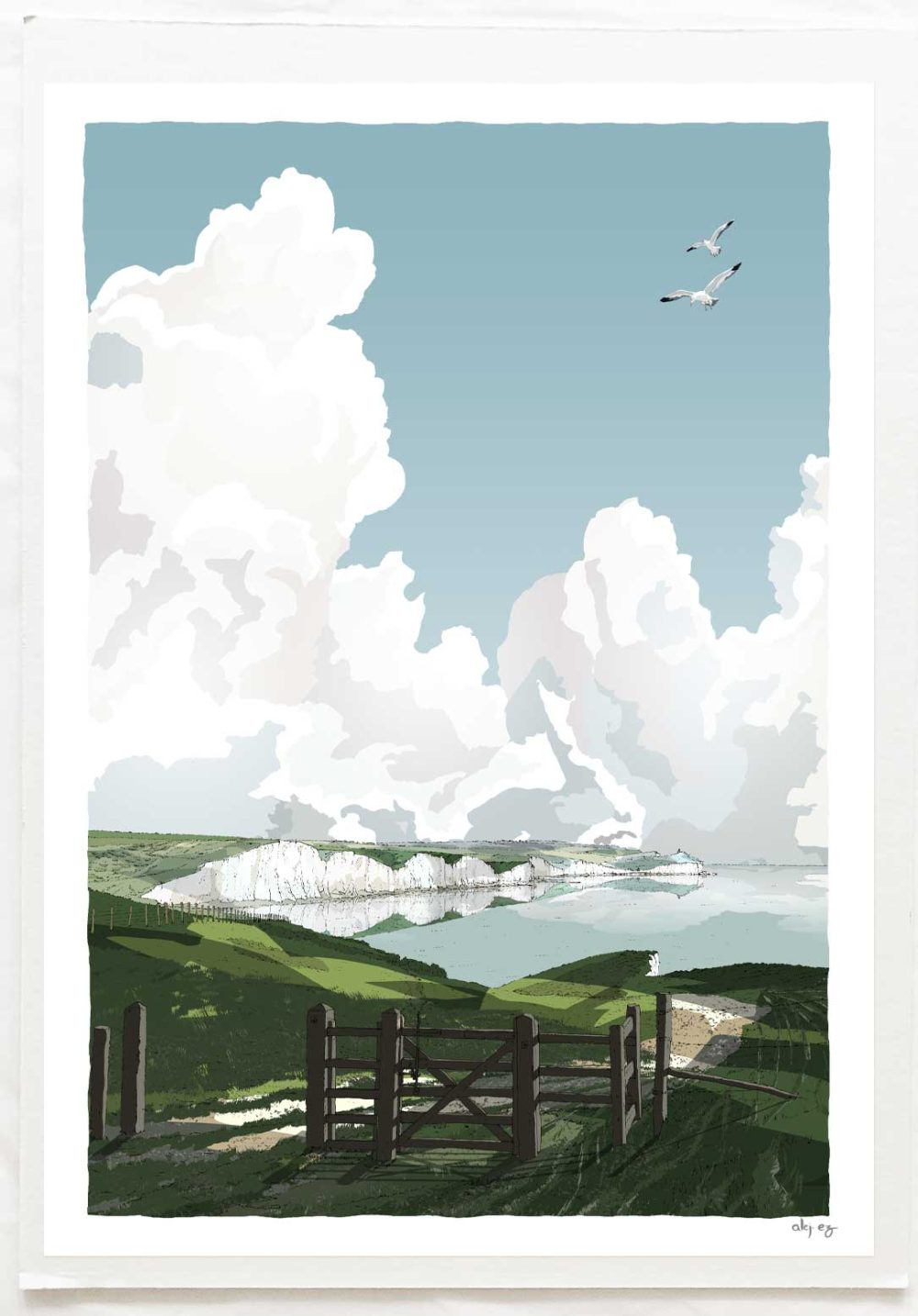
Gateway to Seven Sisters Chalk Cliffs
£40.00 – £310.00 Select options This product has multiple variants. The options may be chosen on the product page -
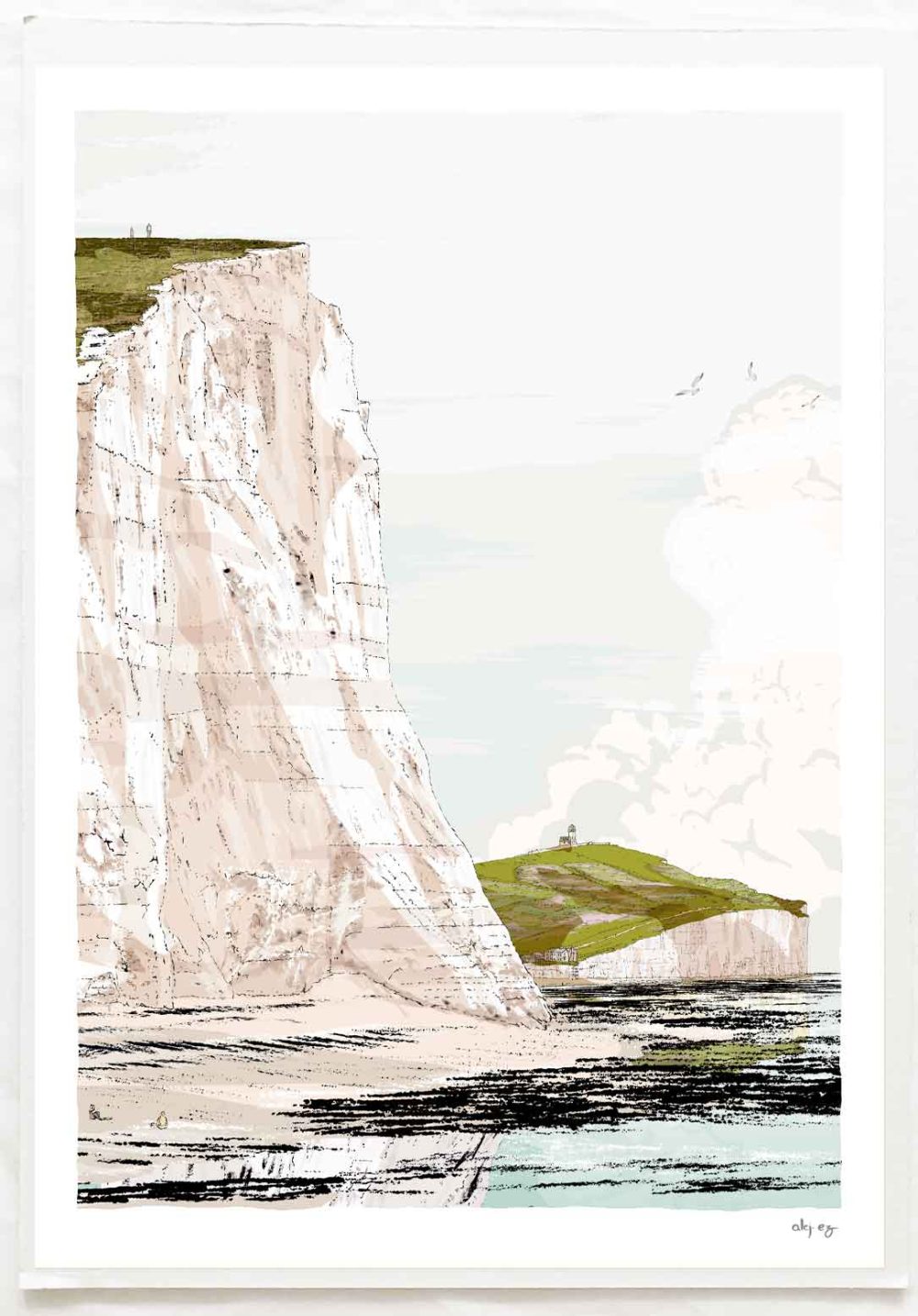
Seven Sisters Walk Cuckmere Haven to Birling Gap Amber
£40.00 – £310.00 Select options This product has multiple variants. The options may be chosen on the product page -
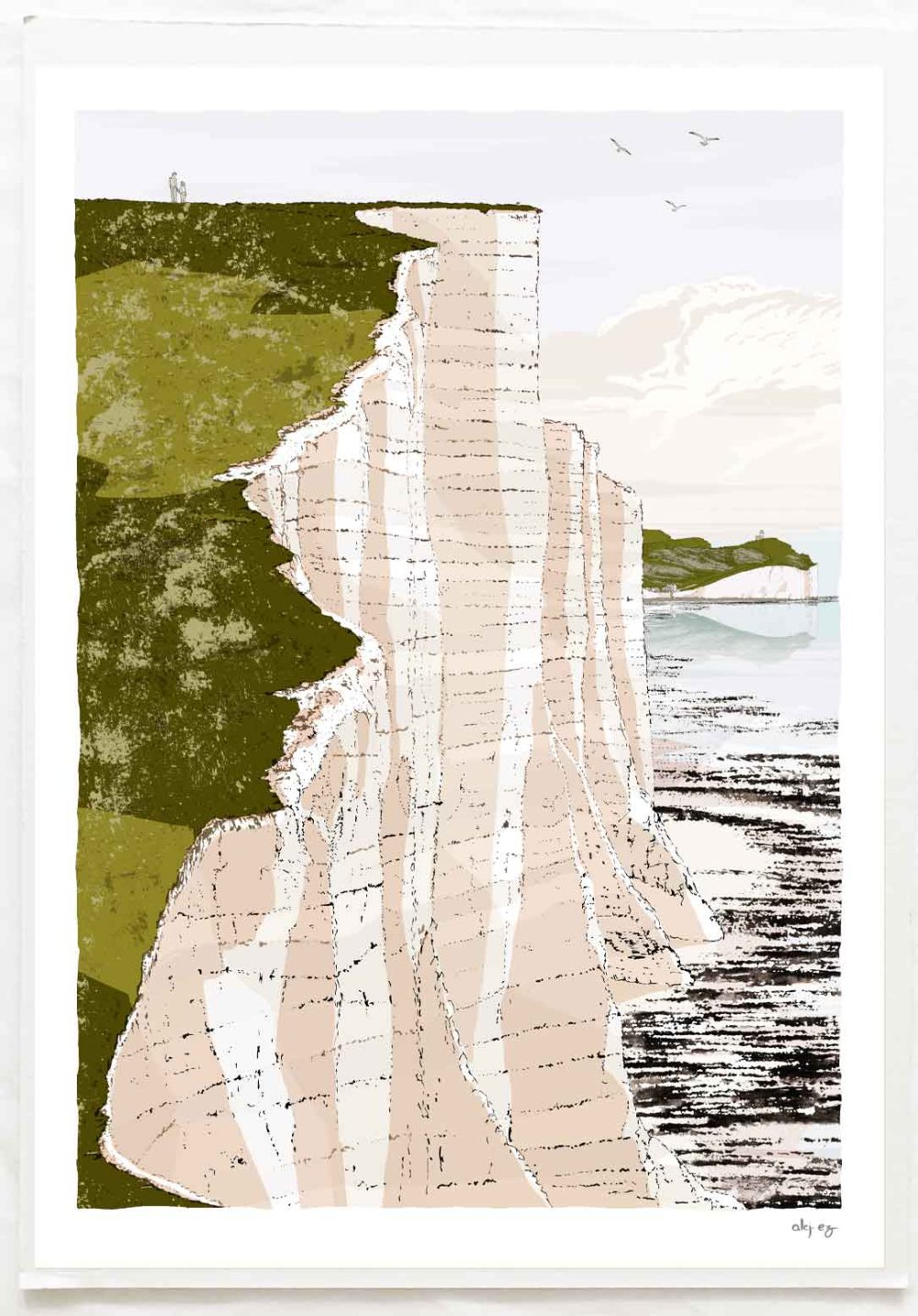
Seven Sisters Cliffs Walk Brass Point Amber
£40.00 – £310.00 Select options This product has multiple variants. The options may be chosen on the product page -
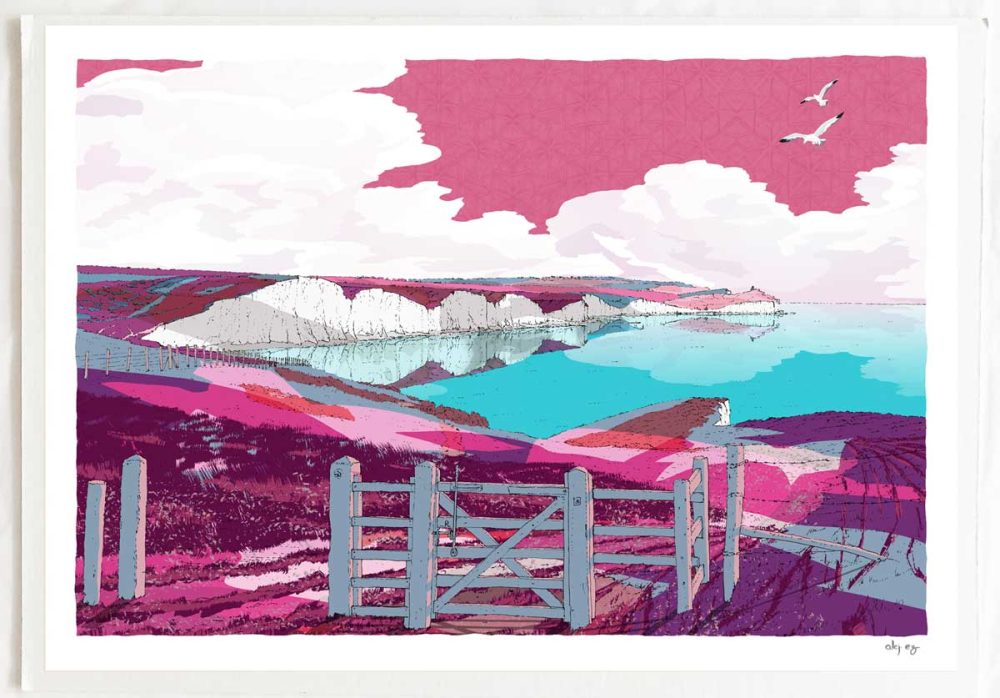
Gateway Song to Seven Sisters White Cliffs
£40.00 – £310.00 Select options This product has multiple variants. The options may be chosen on the product page -
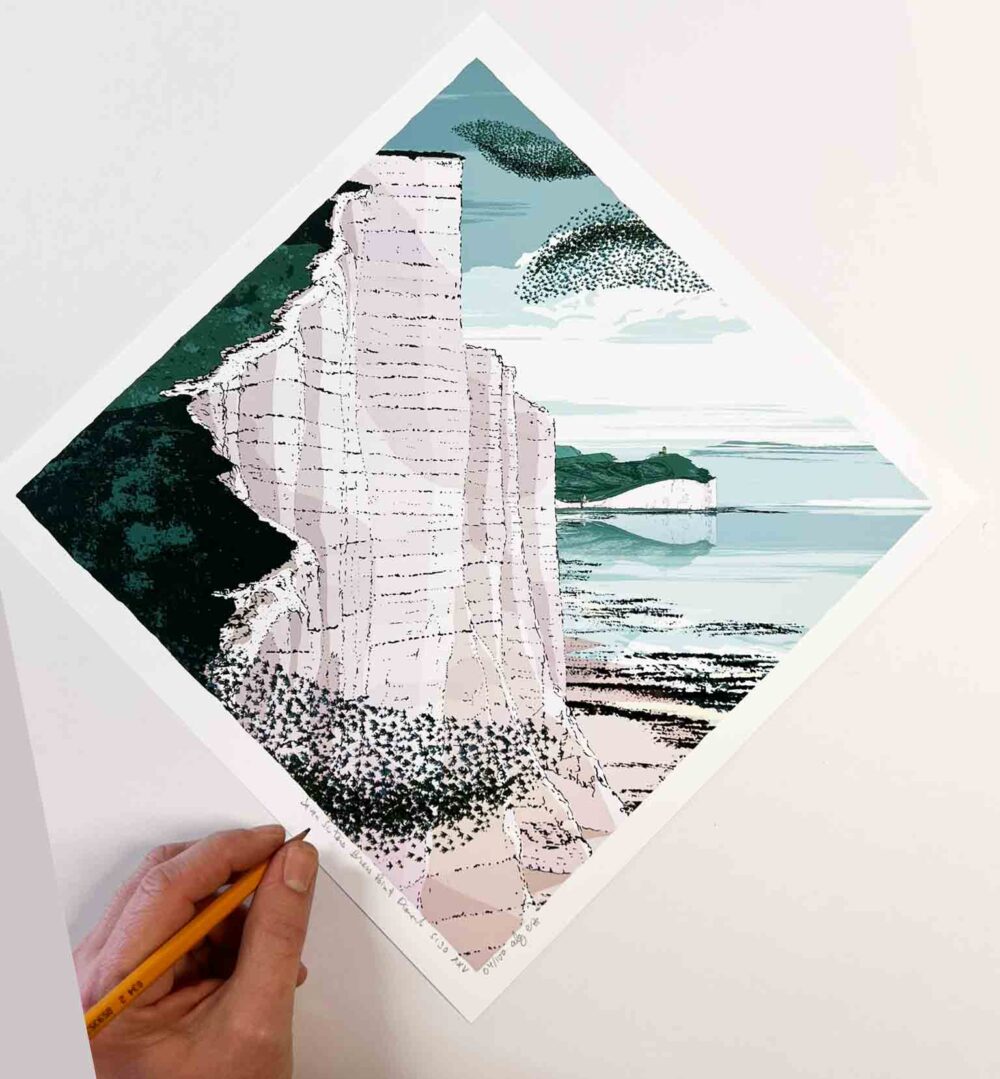
Seven Sisters Cliffs Walk Brass Point Diamond
£48.00 – £120.00 Select options This product has multiple variants. The options may be chosen on the product page -

Birling Gap Starling Murmuration White Cliffs
£192.00 add to basket -
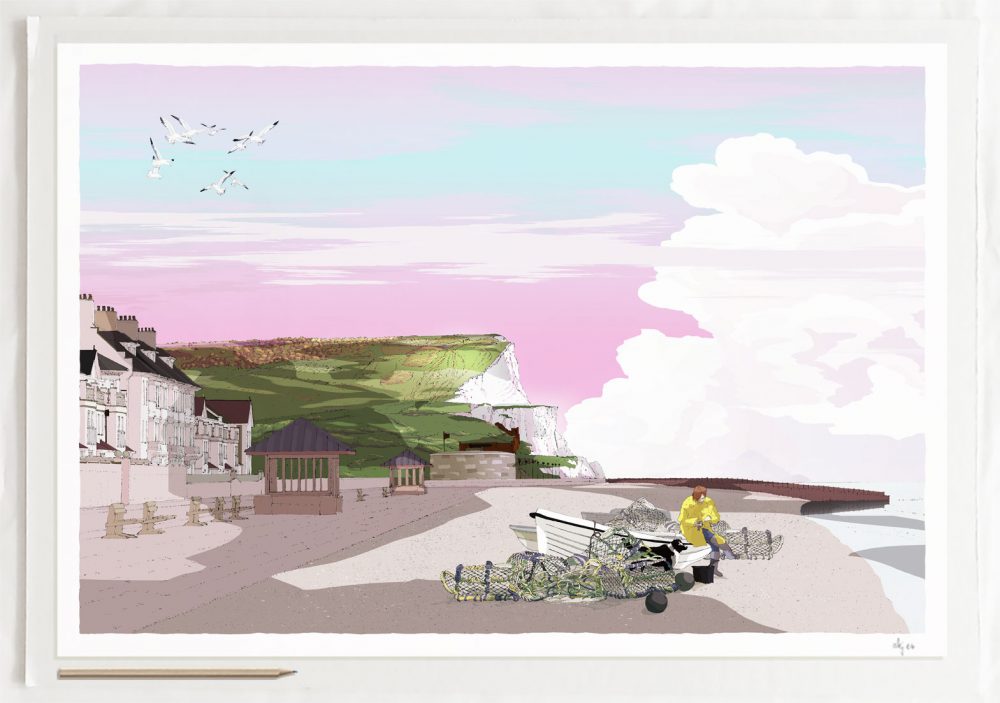
Seaford Head the Promenade and Fisherwoman
£40.00 – £310.00 Select options This product has multiple variants. The options may be chosen on the product page -
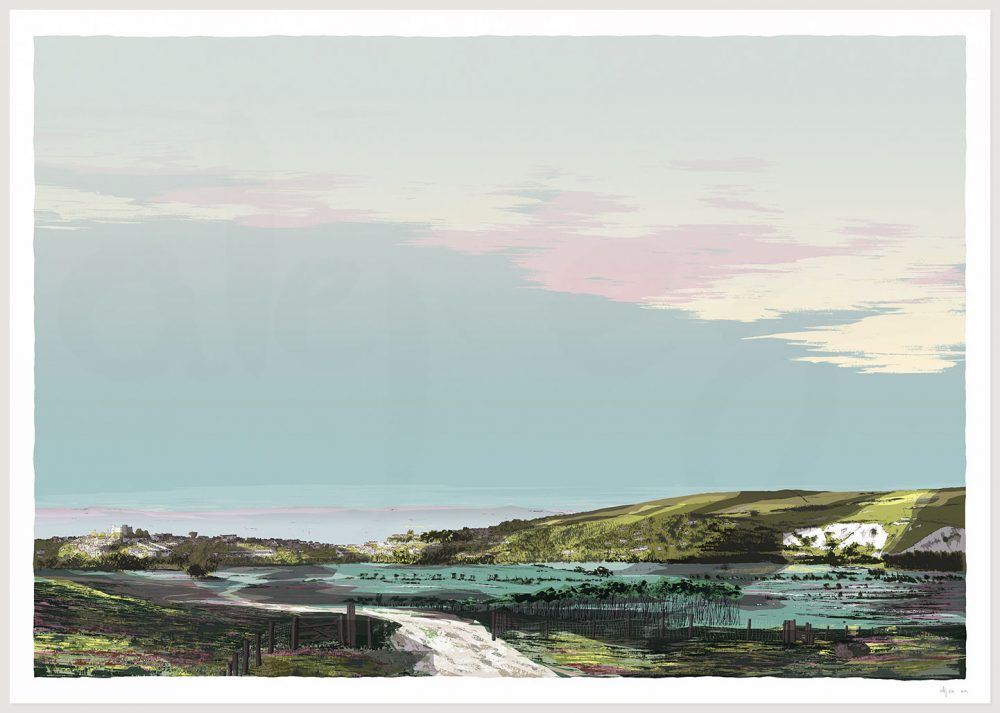
Lewes Town and Marshes from Southease
£40.00 – £310.00 Select options This product has multiple variants. The options may be chosen on the product page -
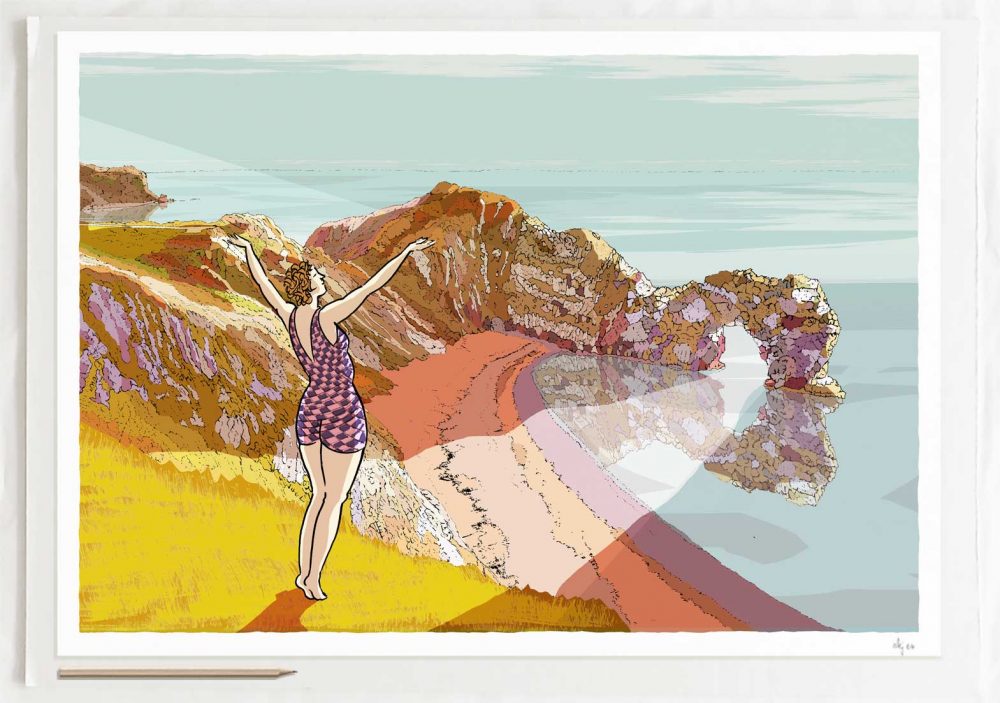
Durdle Door Dorset Scarlett Reverie
£40.00 – £310.00 Select options This product has multiple variants. The options may be chosen on the product page -
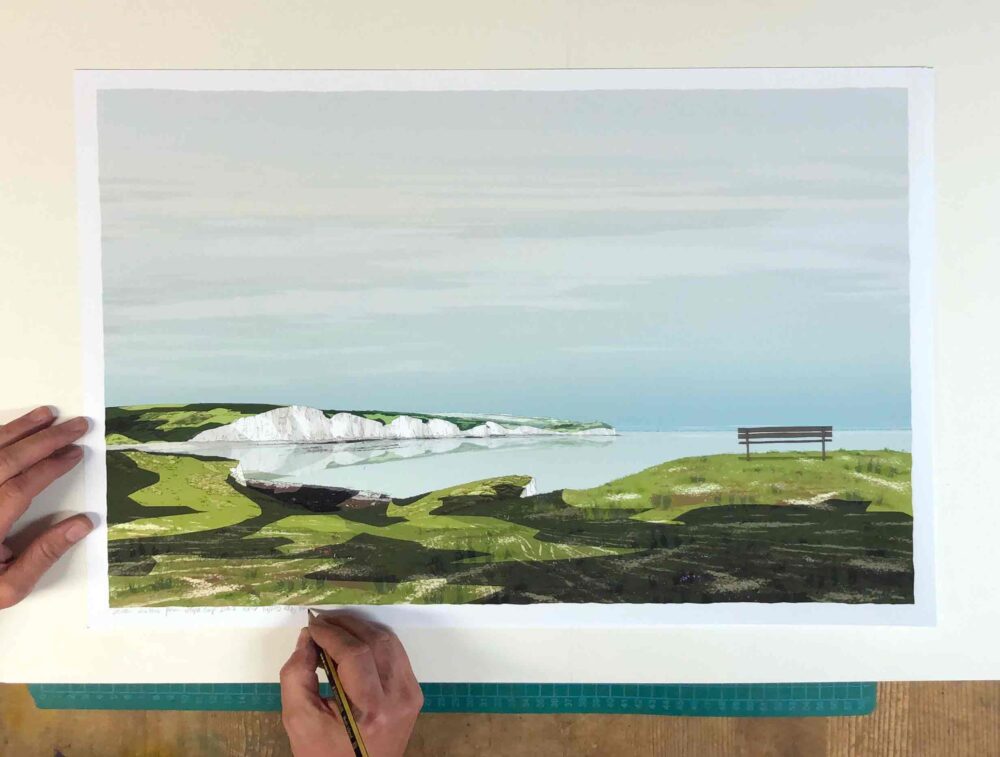
Seven Sisters White Cliffs from Hope Gap
£40.00 – £310.00 Select options This product has multiple variants. The options may be chosen on the product page -
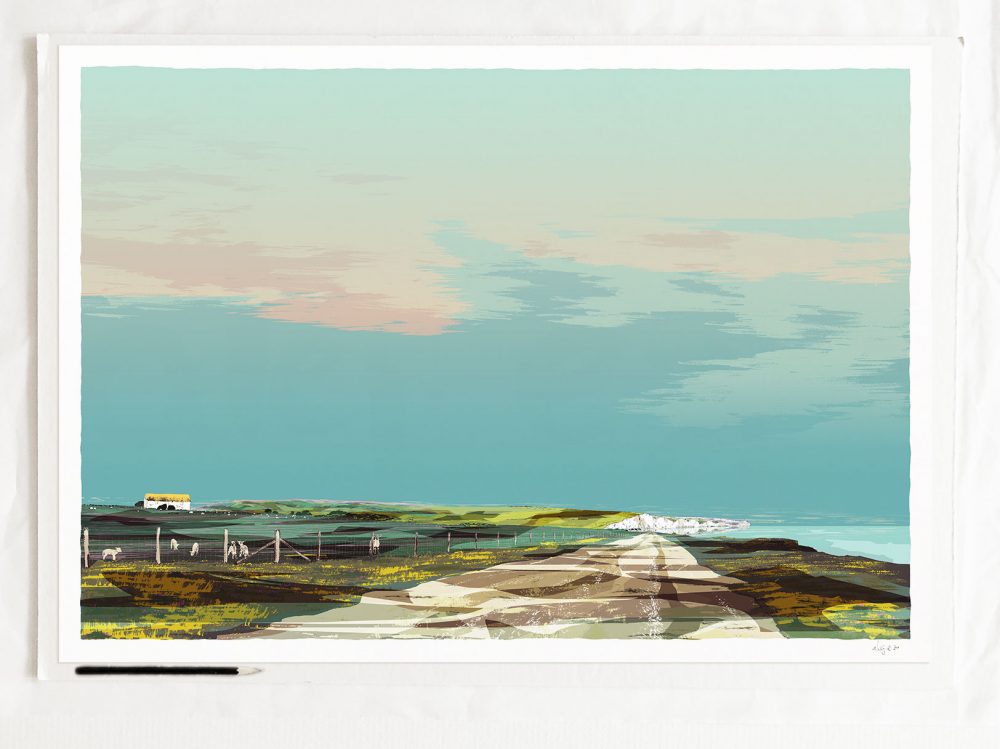
Spring Lambs in South Downs South Hill Barn
£40.00 – £310.00 Select options This product has multiple variants. The options may be chosen on the product page -
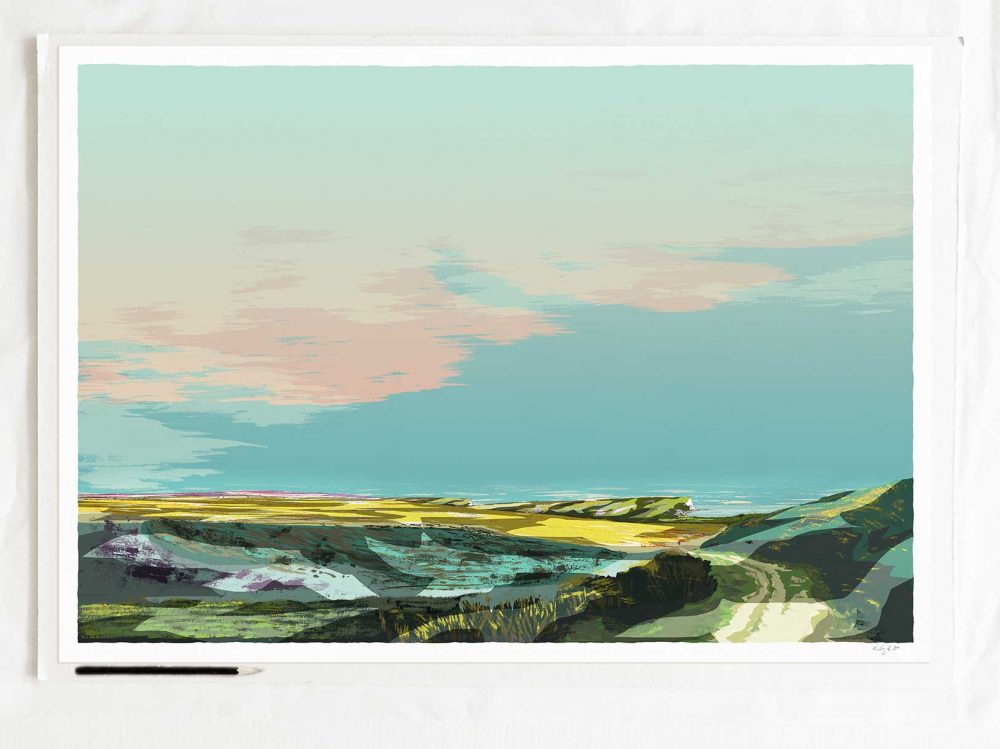
Spring in South Downs from Seaford to Cuckmere Haven
£40.00 – £310.00 Select options This product has multiple variants. The options may be chosen on the product page -
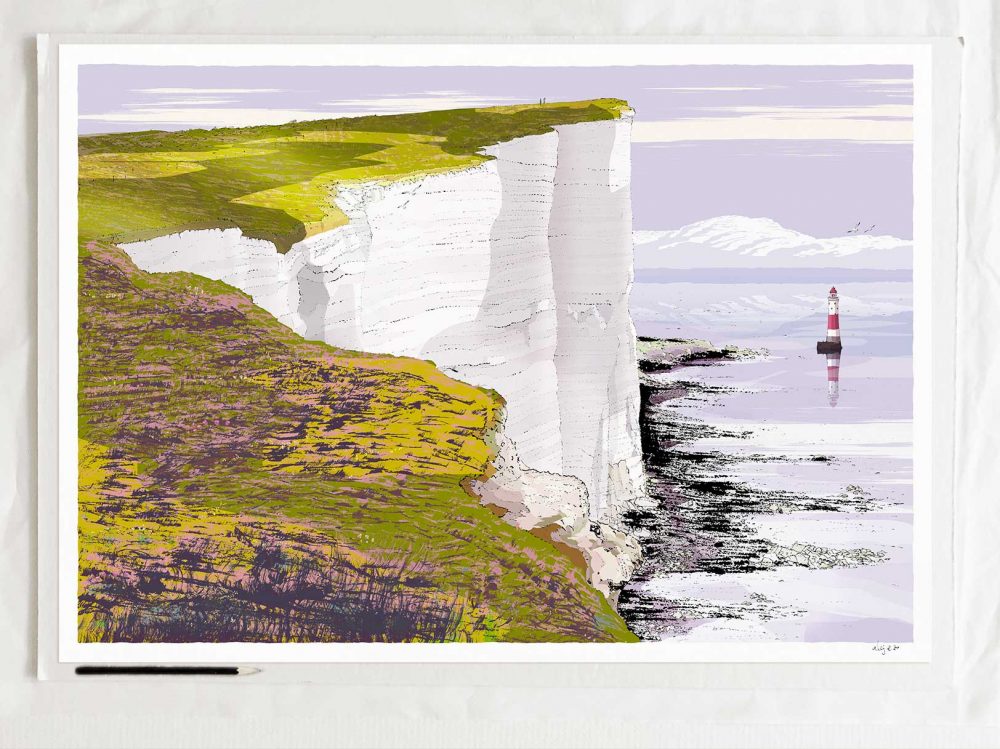
Beachy Head White Cliffs Lavender Sea
£40.00 – £310.00 Select options This product has multiple variants. The options may be chosen on the product page -
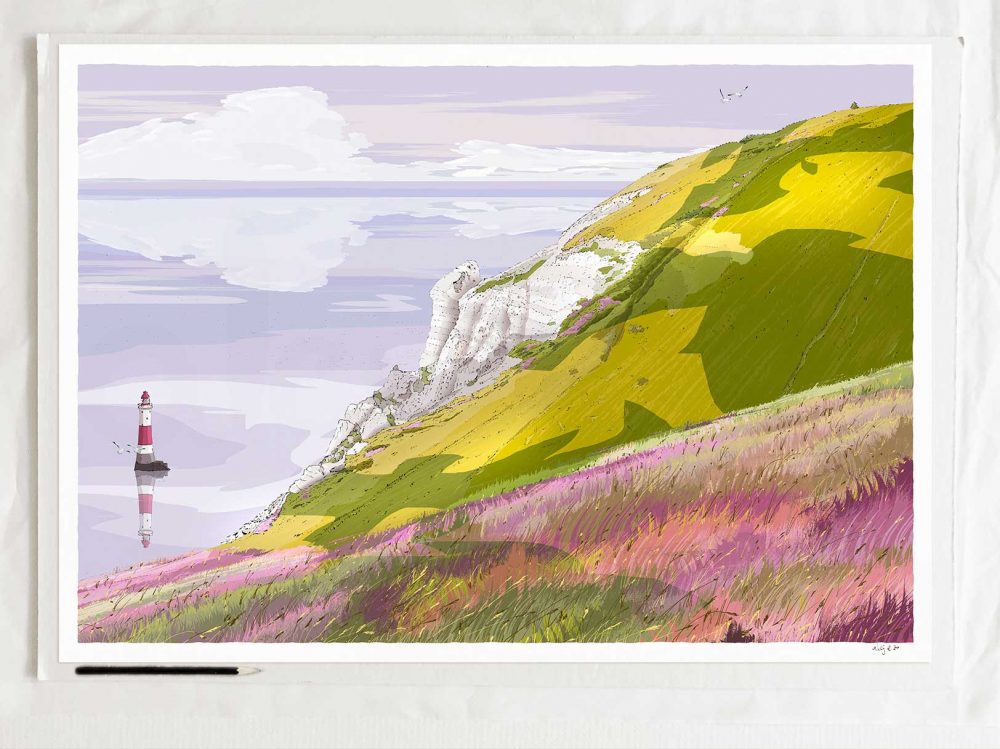
Beachy Head Lighthouse White Cliffs Lavender Sea
£40.00 – £310.00 Select options This product has multiple variants. The options may be chosen on the product page -
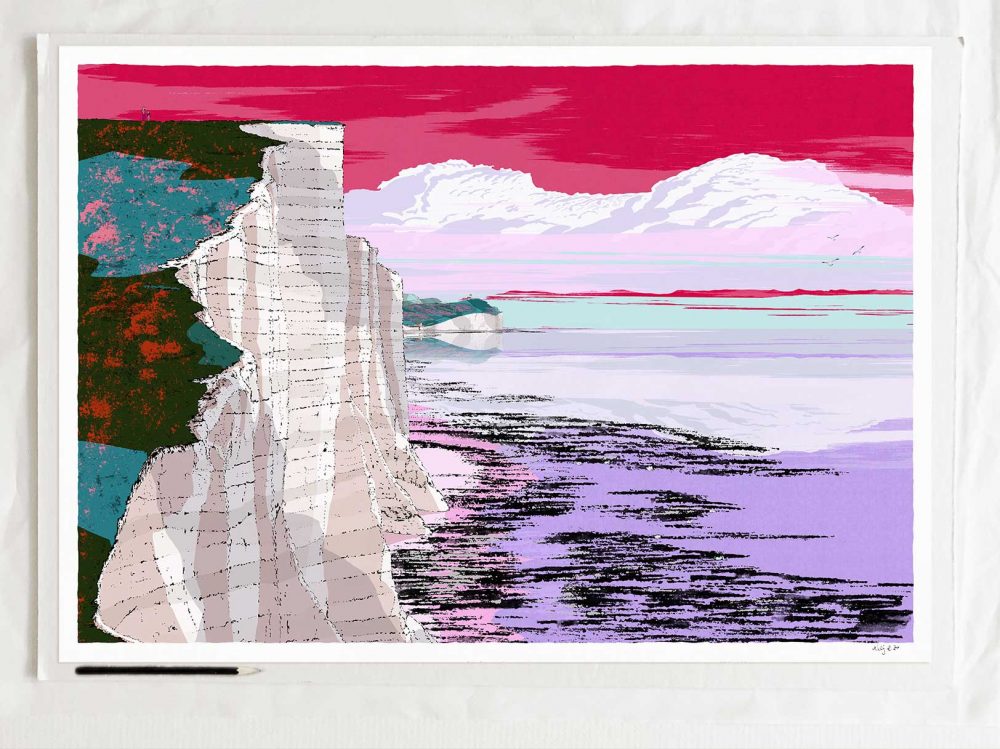
Lavender Print. White Cliffs Lavender Sea
£40.00 – £310.00 Select options This product has multiple variants. The options may be chosen on the product page -

Seven Sisters White Cliffs
£192.00 add to basket -

South Downs Way Belle Tout Lighthouse Beachy Head
£192.00 add to basket -
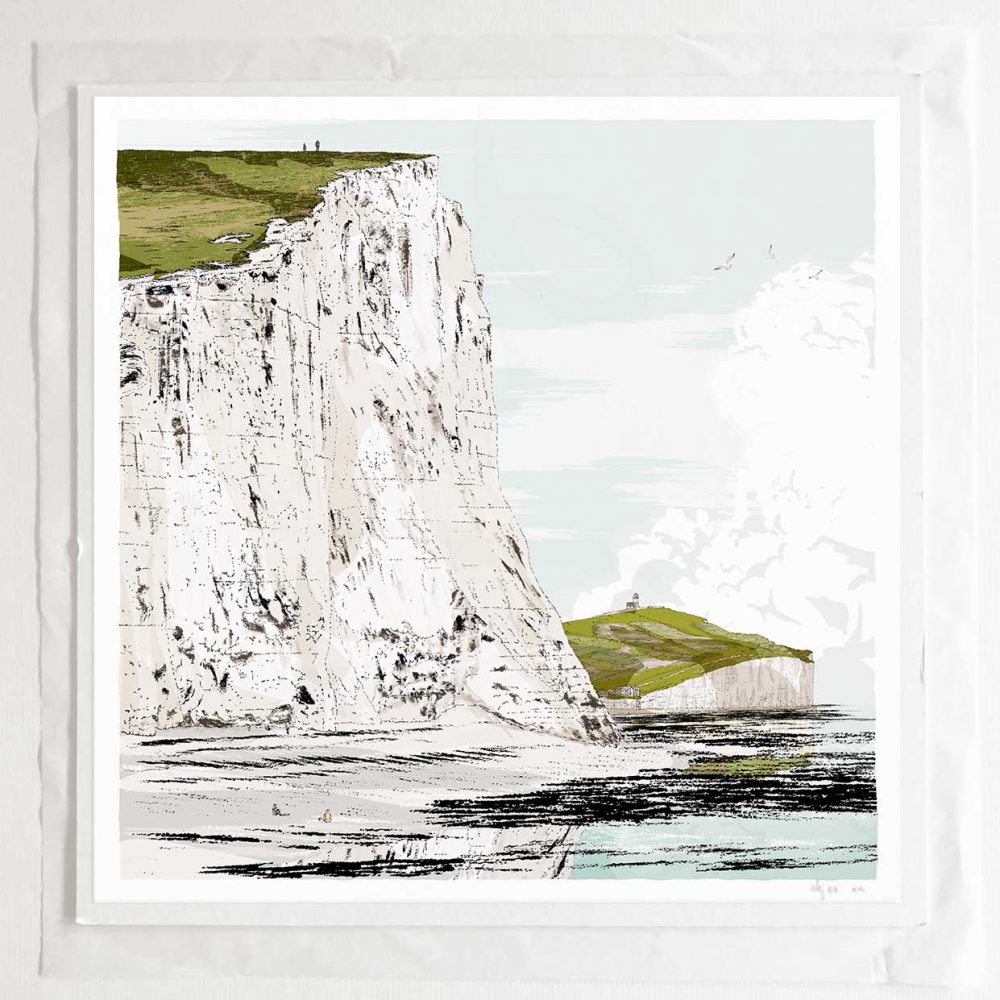
Seven Sisters Walk Cuckmere Haven to Birling Gap Summer
£48.00 – £120.00 Select options This product has multiple variants. The options may be chosen on the product page -
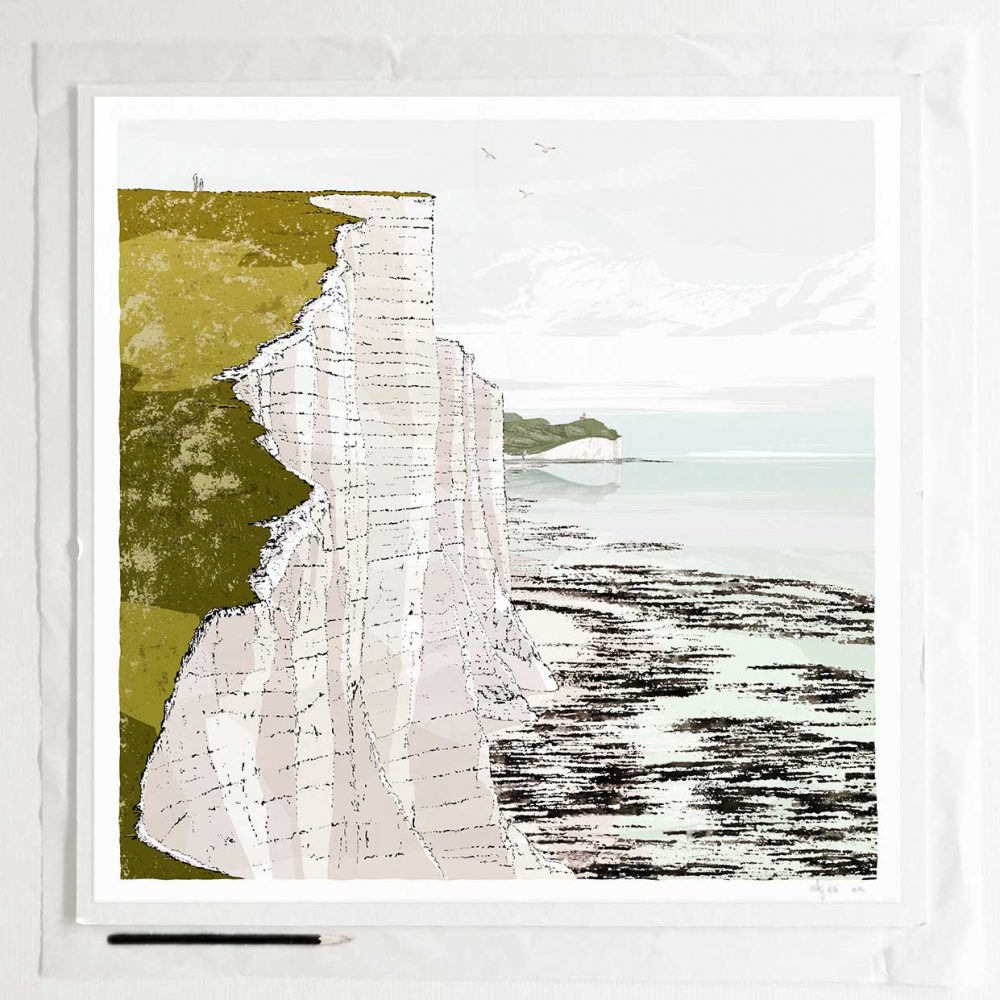
Seven Sisters Cliff Walk Brass Point Summer
£48.00 – £120.00 Select options This product has multiple variants. The options may be chosen on the product page -
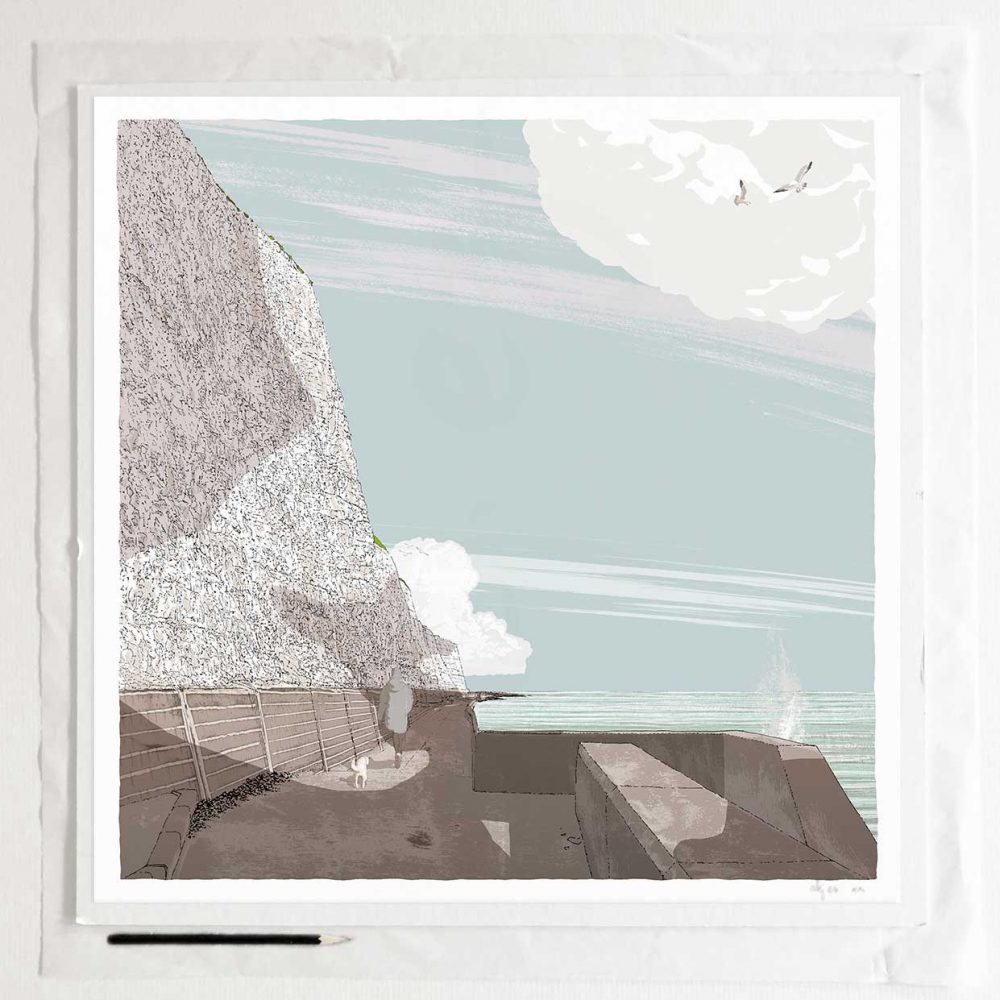
Brighton Undercliff Walk Summer
£48.00 – £120.00 Select options This product has multiple variants. The options may be chosen on the product page -
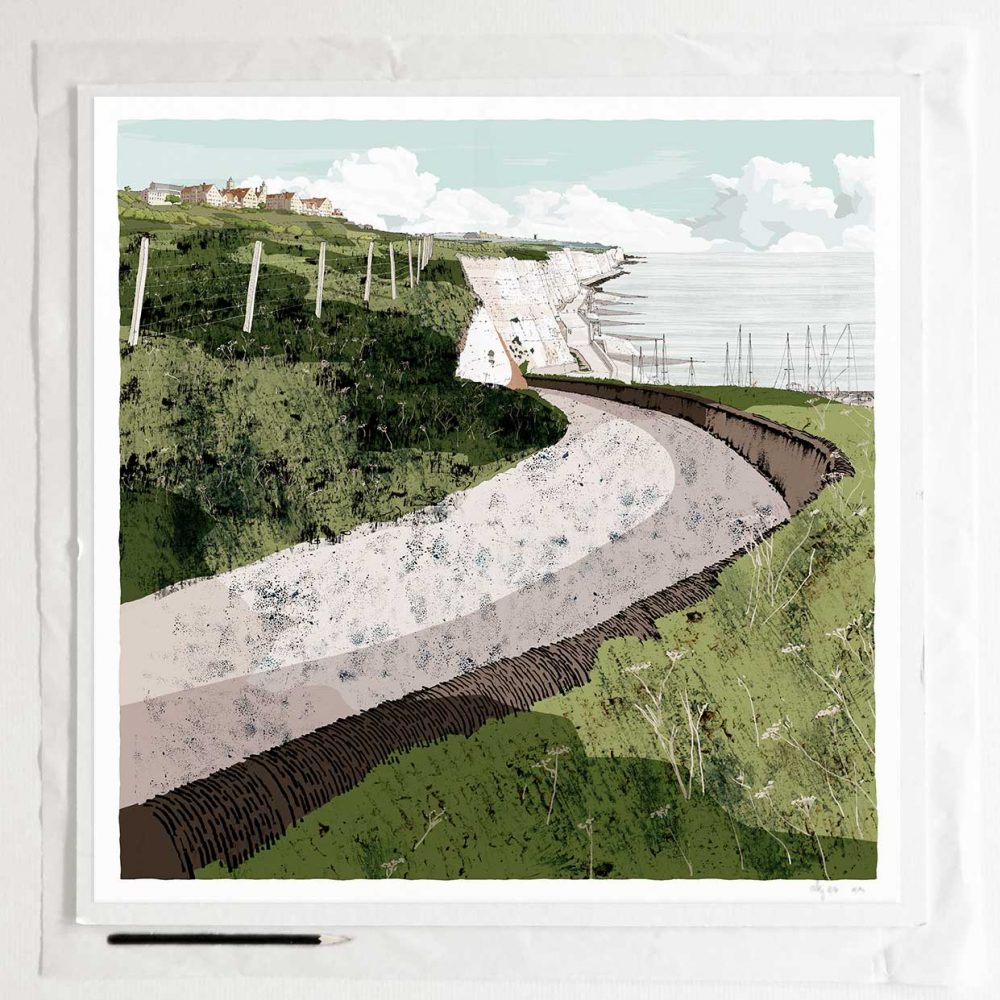
Roedean School Brighton Chalk Cliffs Summer
£48.00 – £120.00 Select options This product has multiple variants. The options may be chosen on the product page -
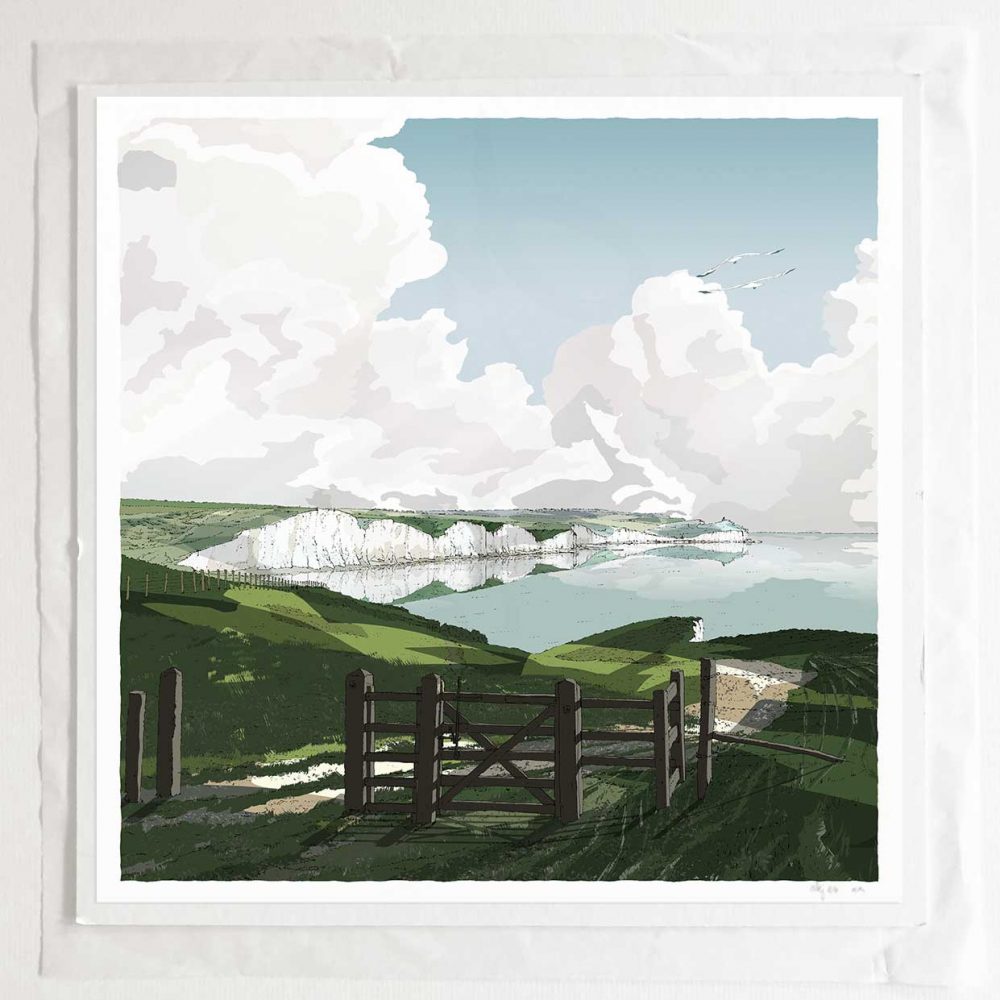
Gateway to Seven Sisters White Cliffs
£48.00 – £120.00 Select options This product has multiple variants. The options may be chosen on the product page -
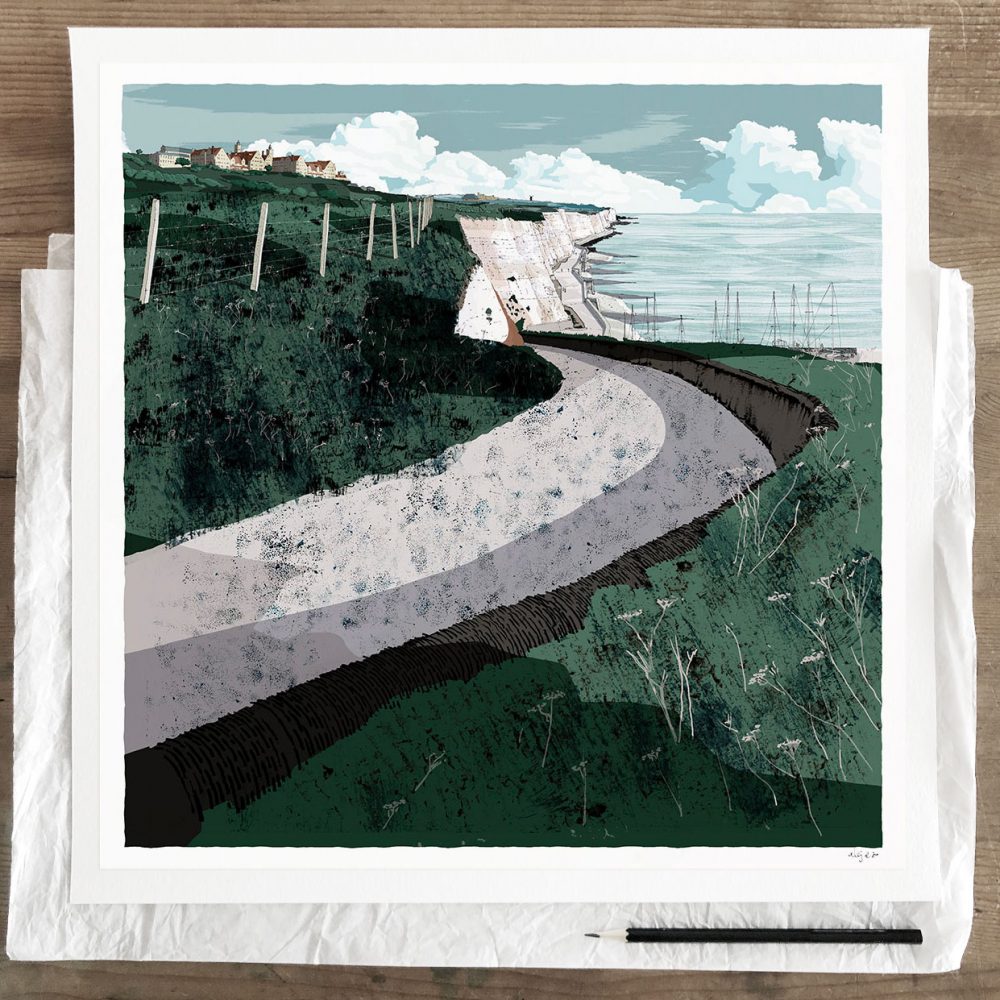
Roedean School Brighton Chalk Cliffs
£48.00 – £249.00 Select options This product has multiple variants. The options may be chosen on the product page -
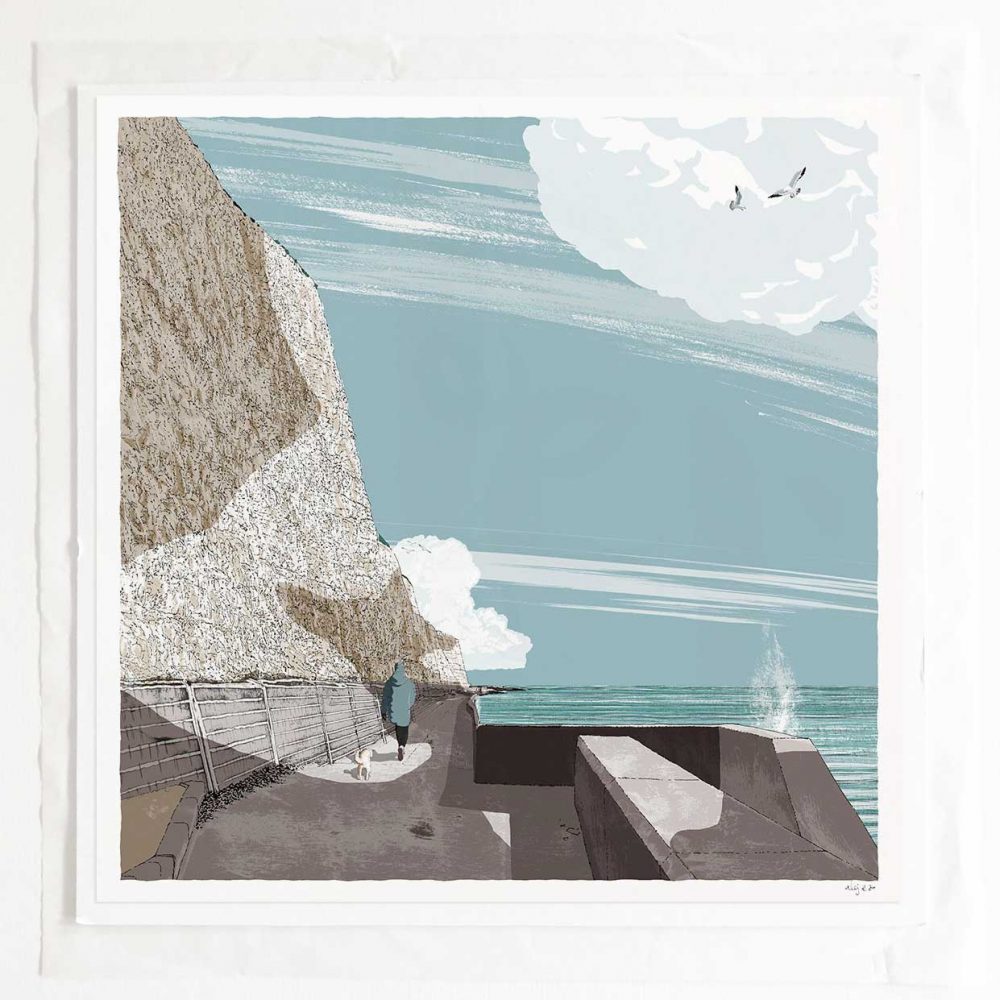
Brighton Undercliff Walk
£48.00 – £120.00 Select options This product has multiple variants. The options may be chosen on the product page -
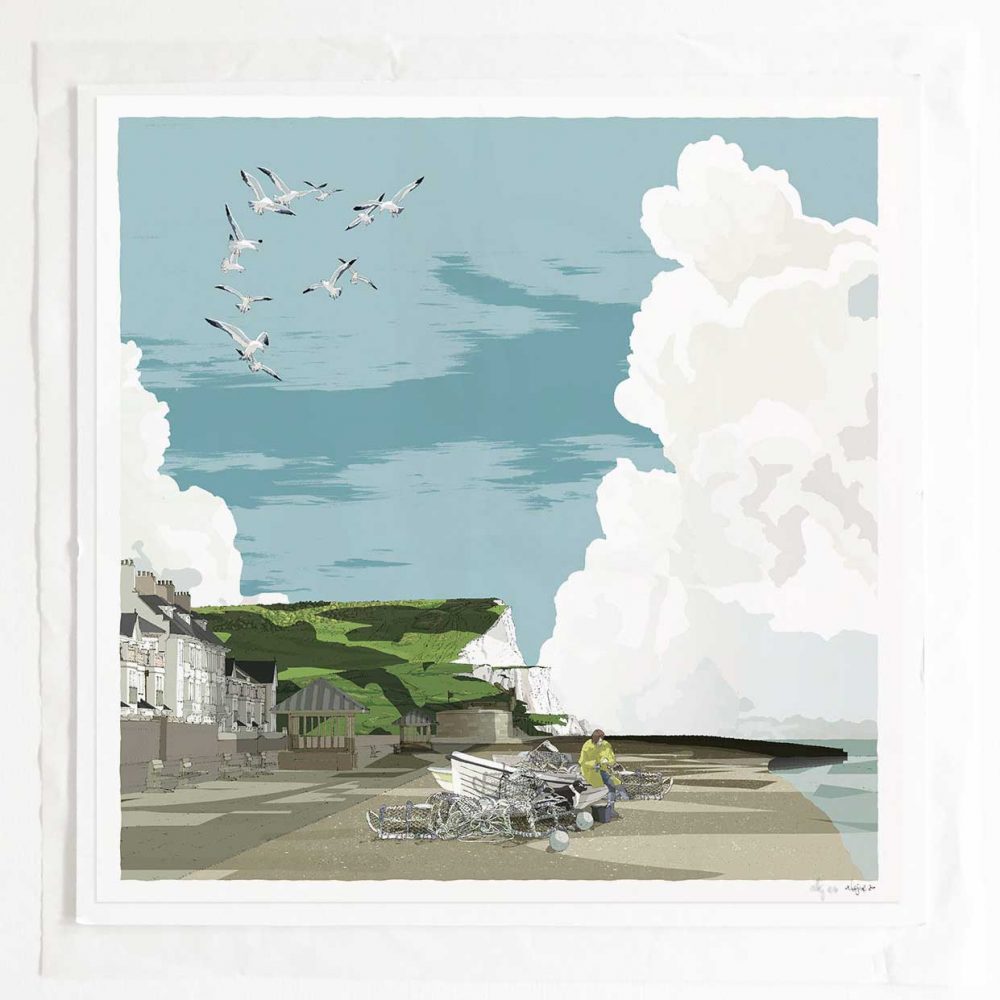
Seaford Head the Promenade and Fishing Boats
£48.00 – £120.00 Select options This product has multiple variants. The options may be chosen on the product page -
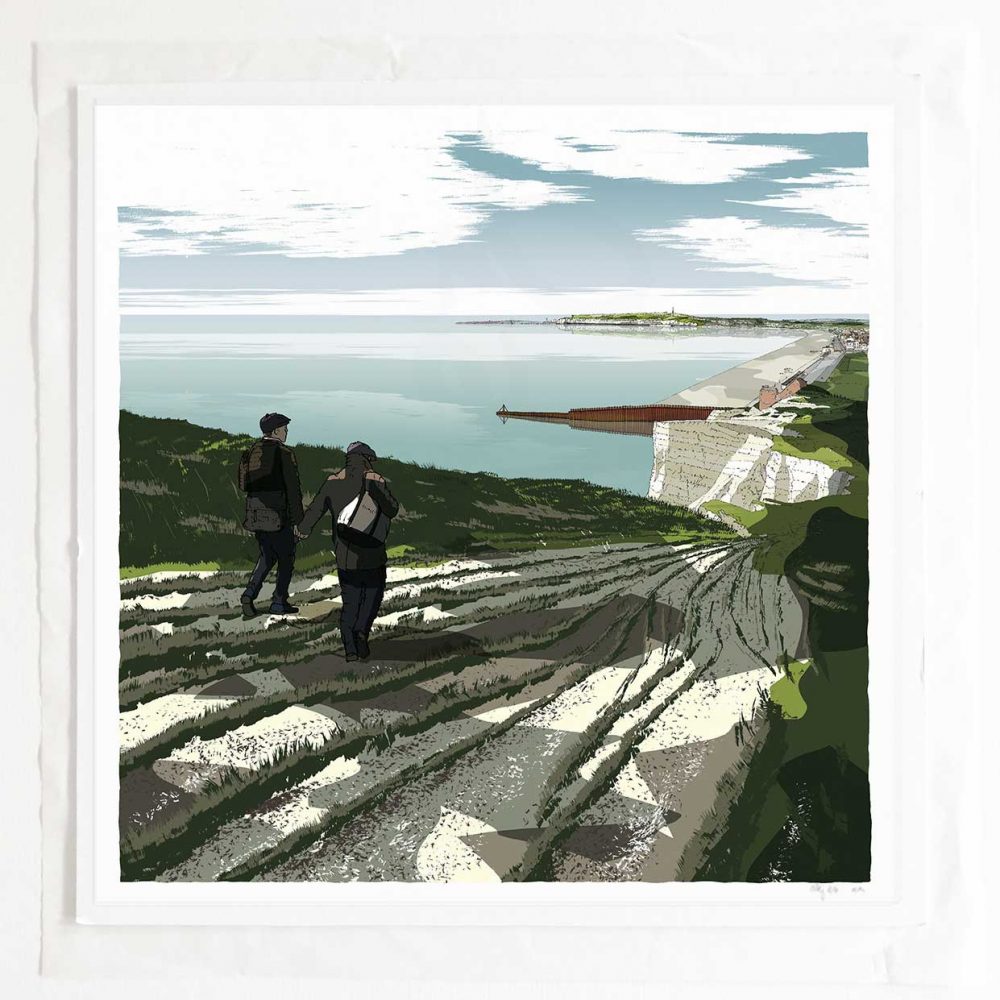
Seaford Head to Newhaven Walk Hand in Hand
£48.00 – £120.00 Select options This product has multiple variants. The options may be chosen on the product page -

Seven Sisters Walk Cuckmere Haven to Birling Gap
£48.00 – £120.00 Select options This product has multiple variants. The options may be chosen on the product page -

Seven Sisters Cliffs Walk Brass Point
£48.00 – £120.00 Select options This product has multiple variants. The options may be chosen on the product page -
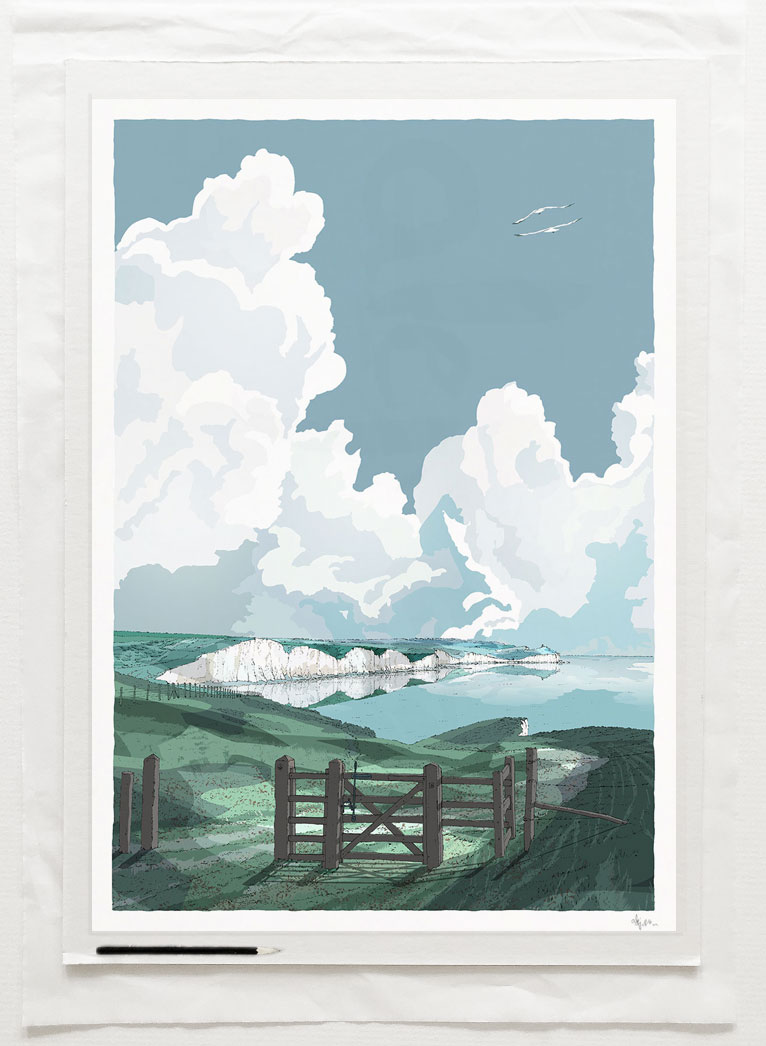
Seven Sisters Print White Cliffs Sussex Mint
£40.00 – £310.00 Select options This product has multiple variants. The options may be chosen on the product page -

Eastbourne West Promenade Pebble Beach
£192.00 add to basket -

Birling Gap Starling Murmuration
£192.00 add to basket -

Birling Gap Starling Murmuration Eventide
£192.00 add to basket -

Morning Swim Saltdean Lido by the Sea
£192.00 add to basket -

Seven Sisters Chalk Cliffs
£40.00 add to basket -
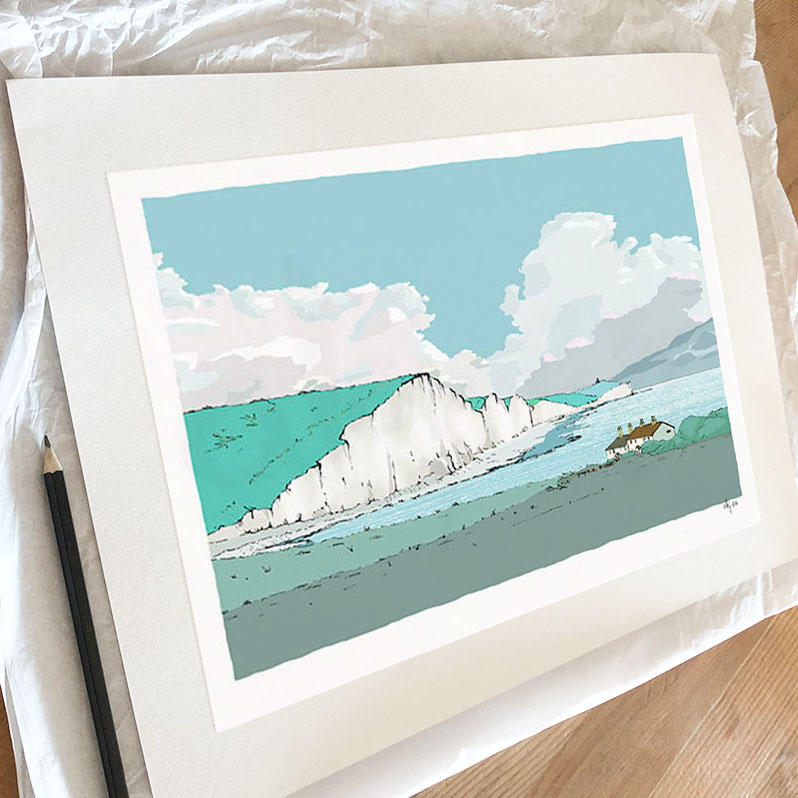
Coastguard Cottages Cuckmere Chalk Cliffs
£40.00 add to basket -

Chalk’n Flint Flying Chalk Cliffs
£40.00 add to basket -
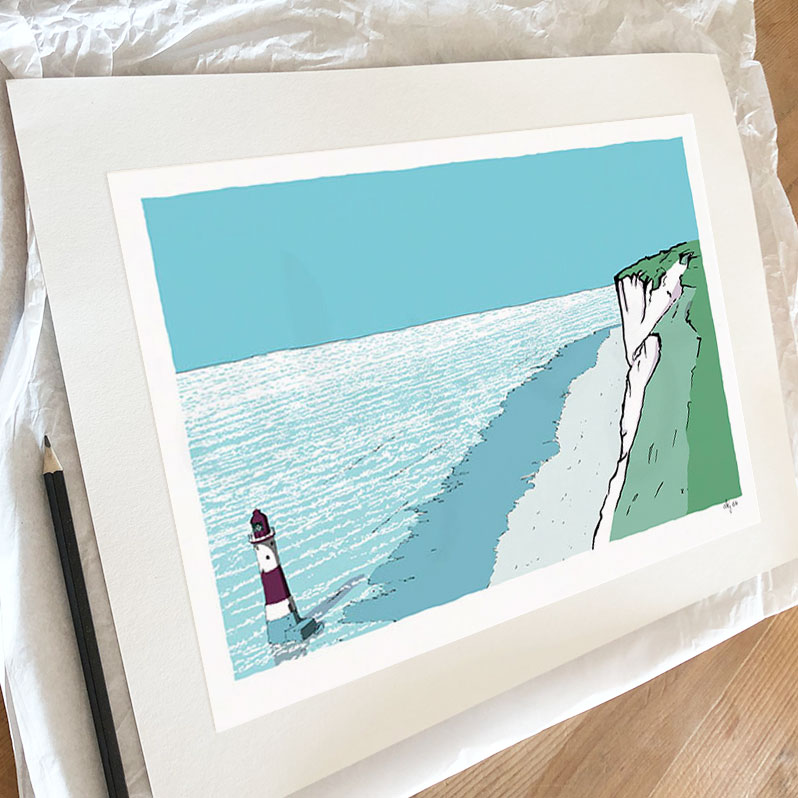
Beachy Head Lighthouse Chalk Cliffs
£40.00 add to basket -

The Needles and the Moon Blue Night
£40.00 add to basket -
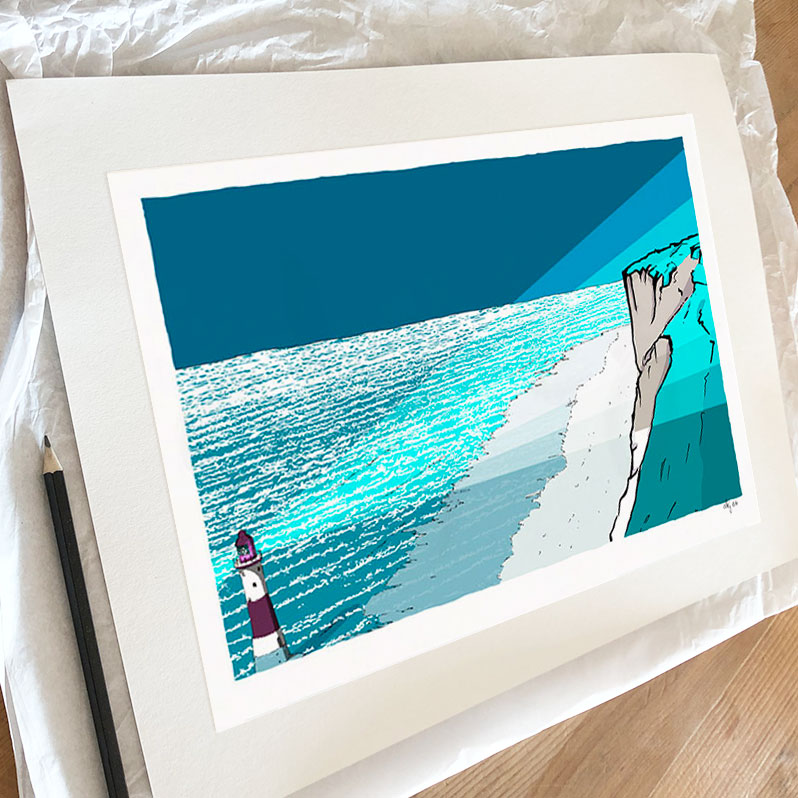
Beachy Head Lighthouse Blue Night
£40.00 add to basket
Additional information
| Dimensions | N/A |
|---|---|
| Print sizes: standard portrait and square | 30 x 30cm print size, square, 60 x 60 cm print size, square |
Only logged in customers who have purchased this product may leave a review.
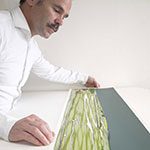
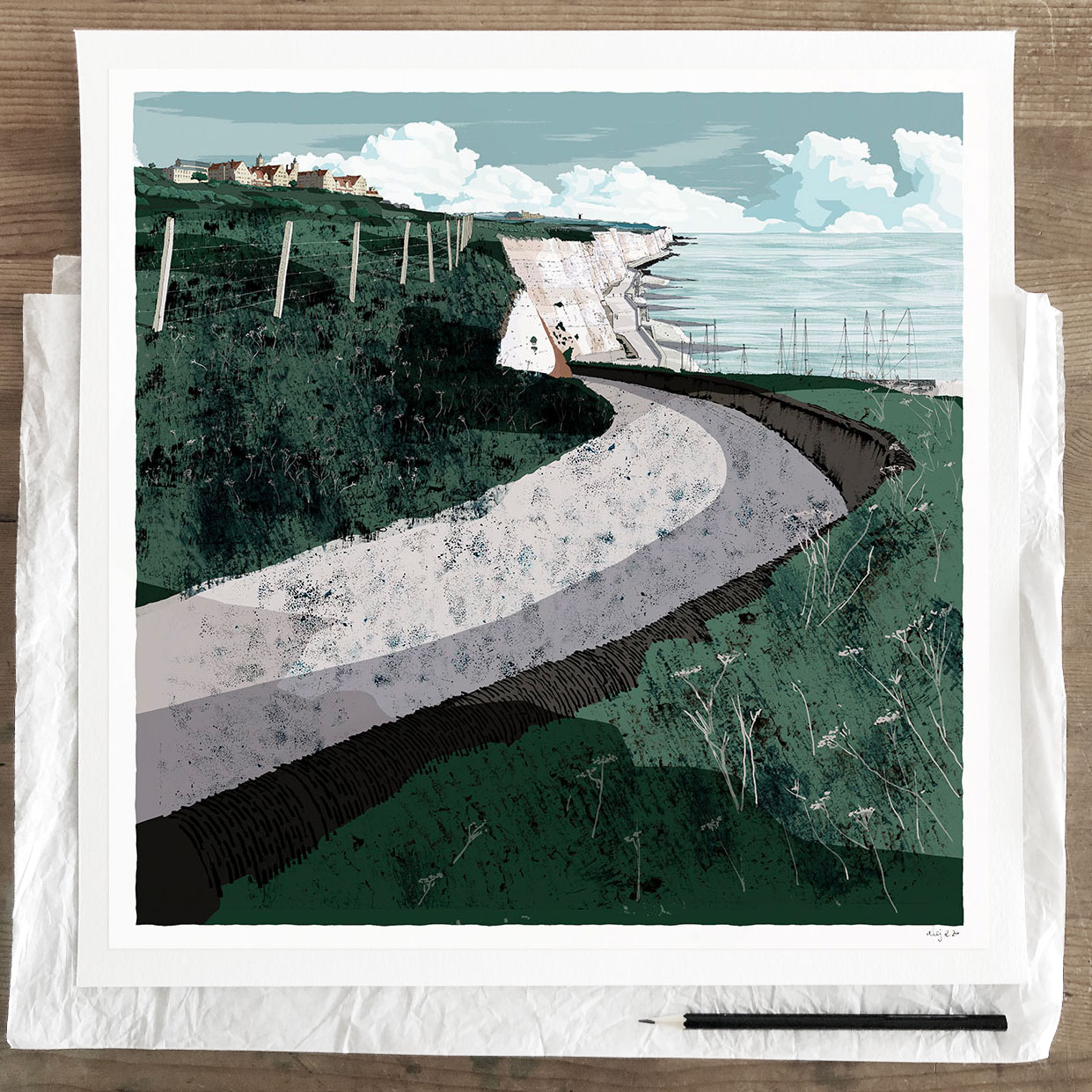
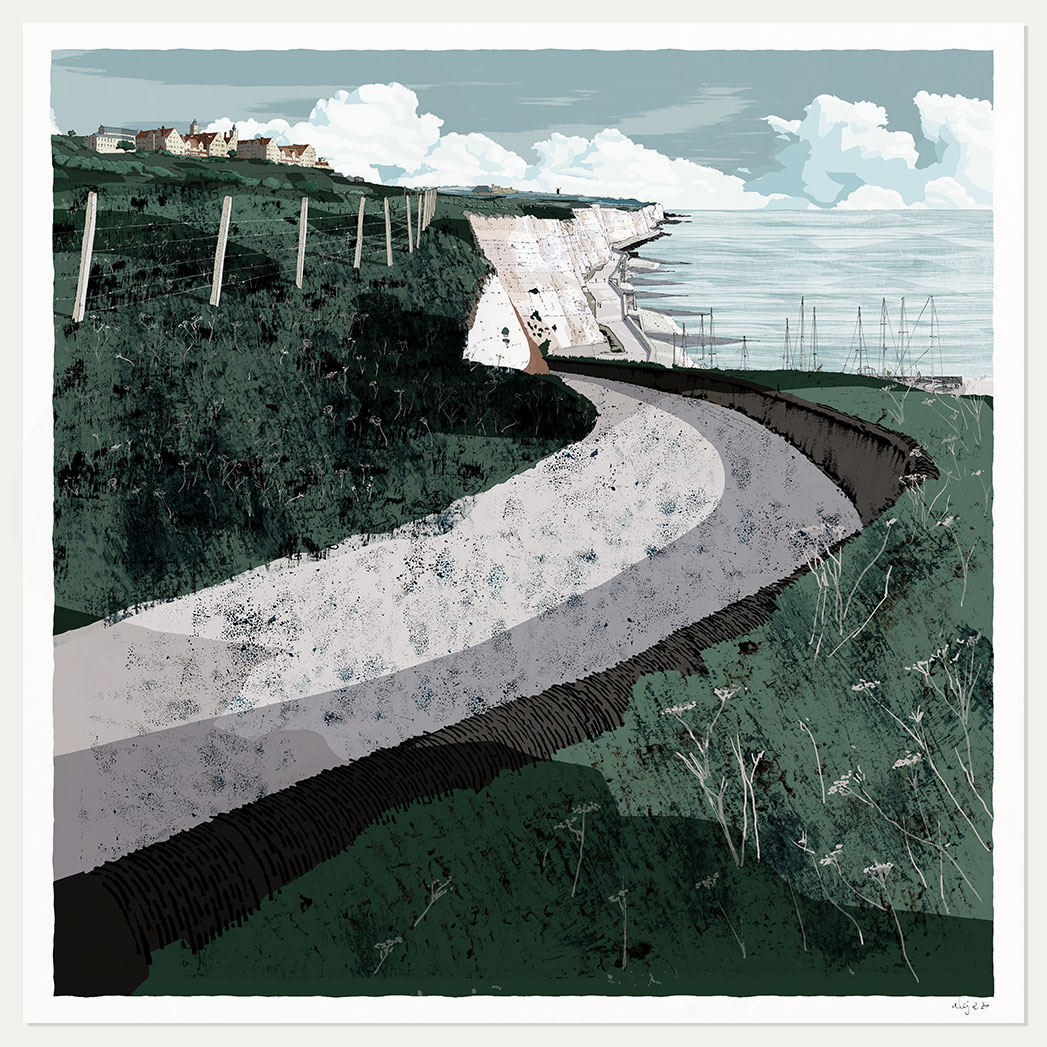
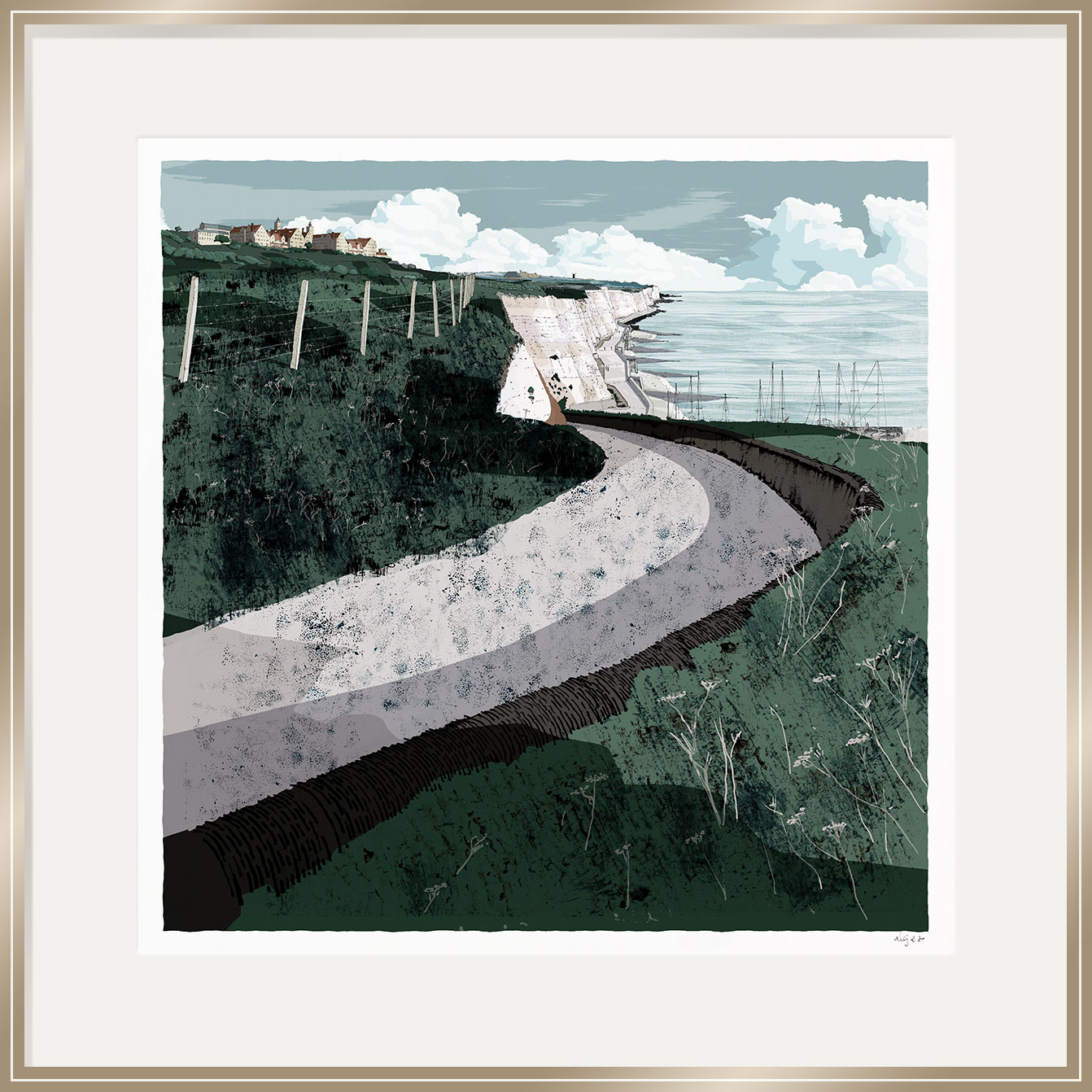
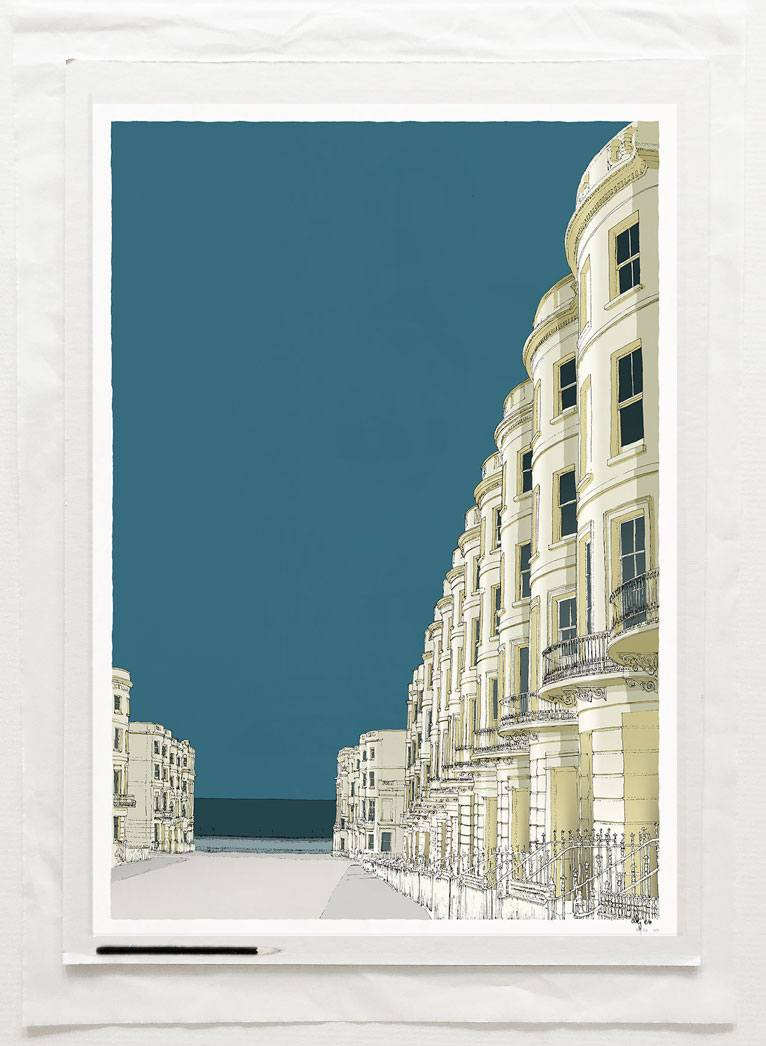
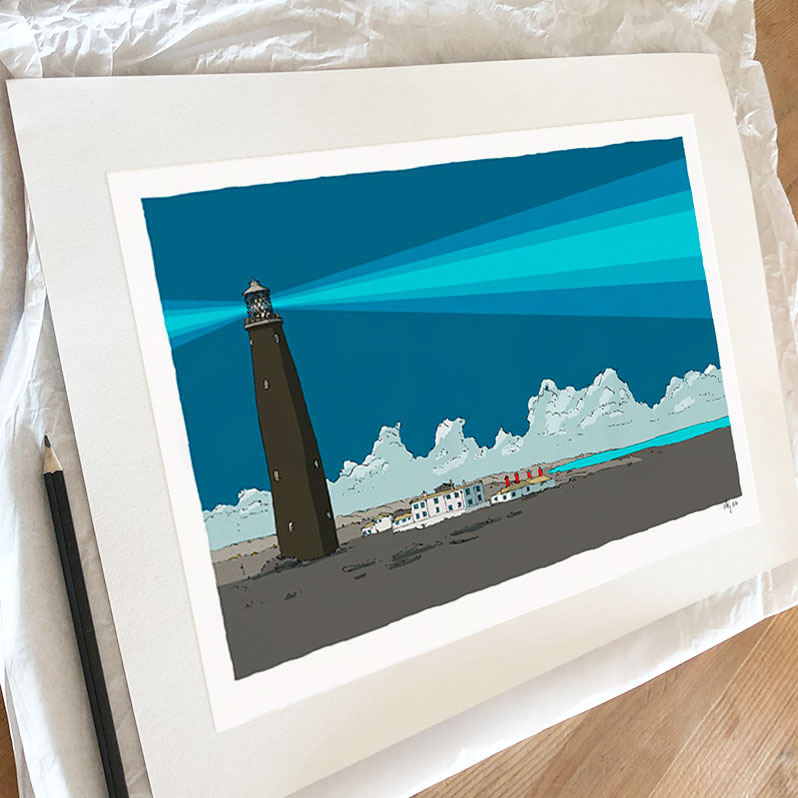

Reviews
There are no reviews yet.